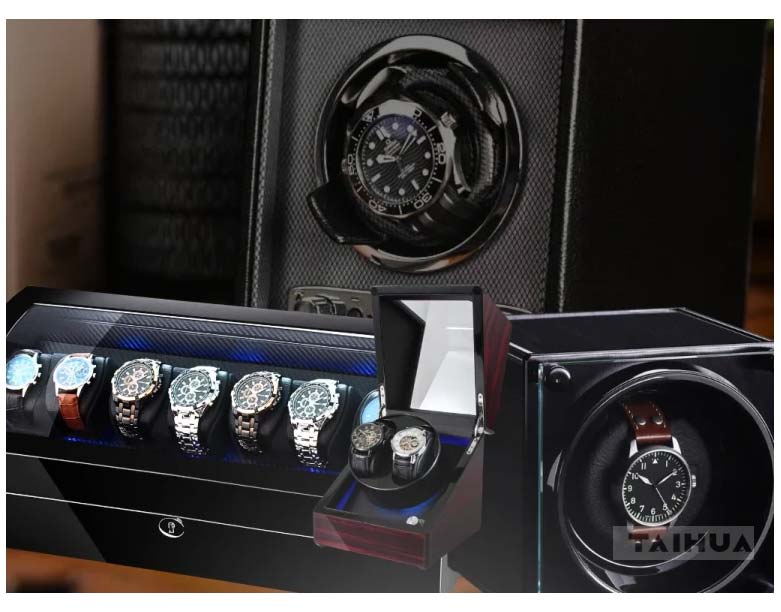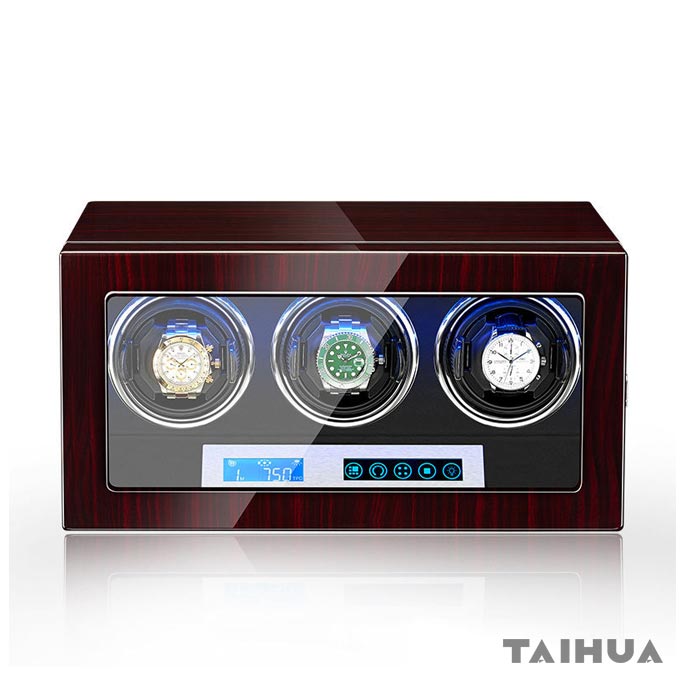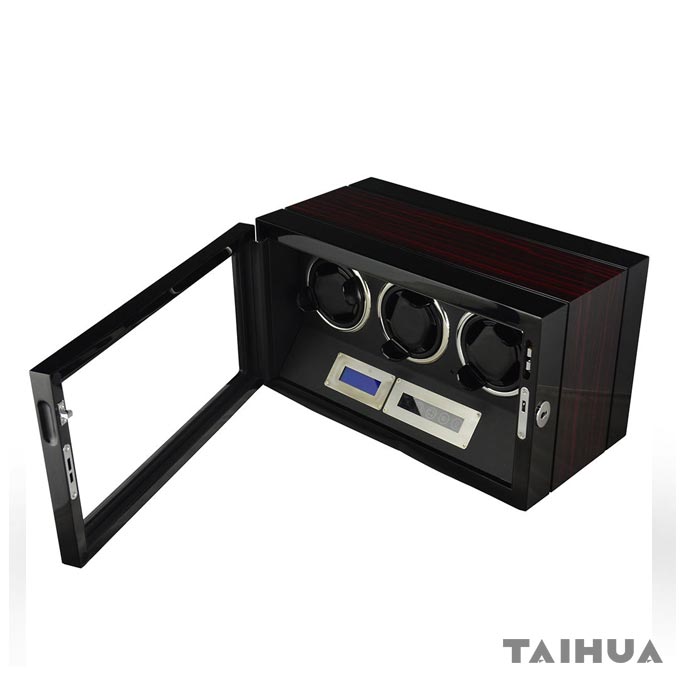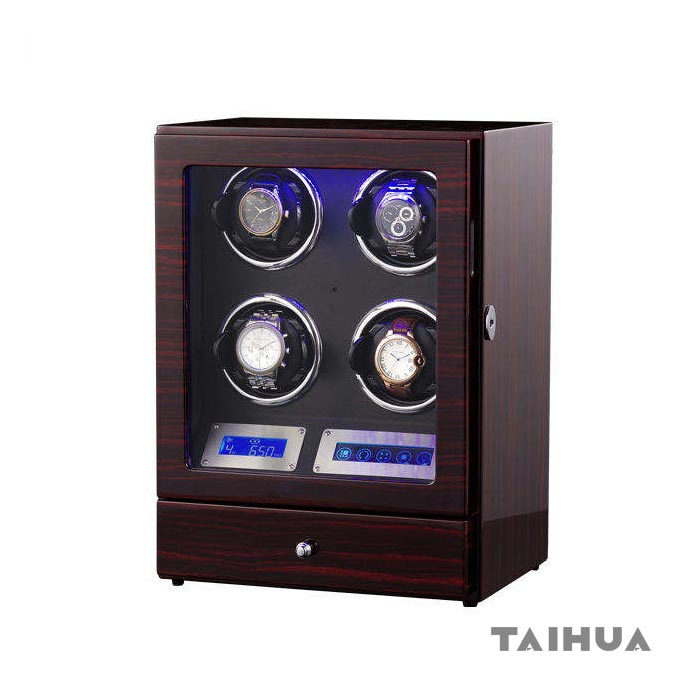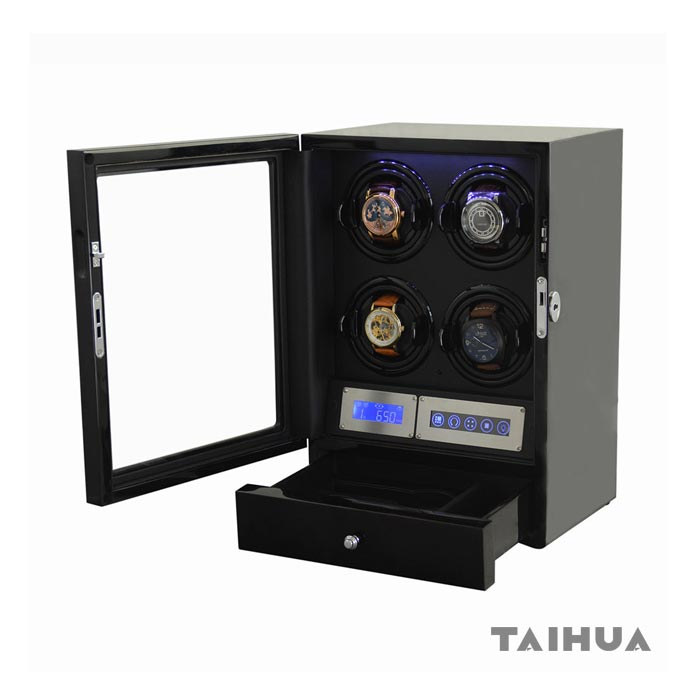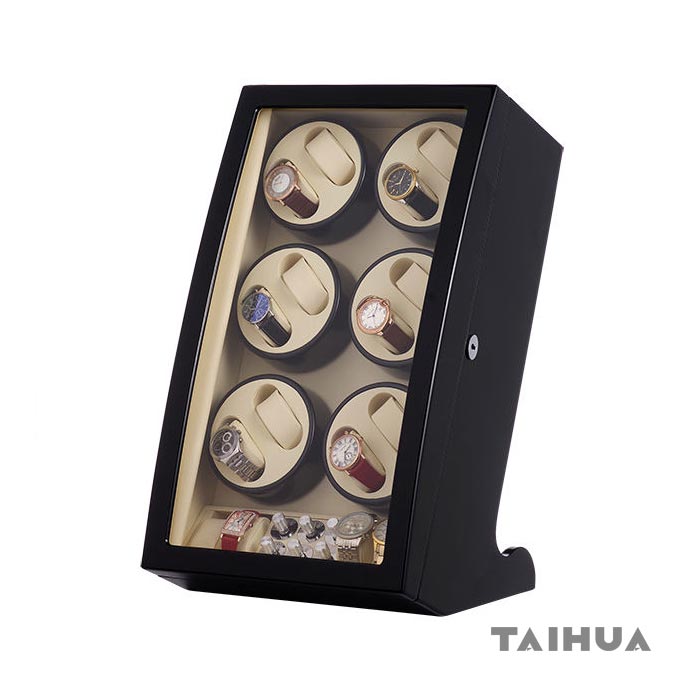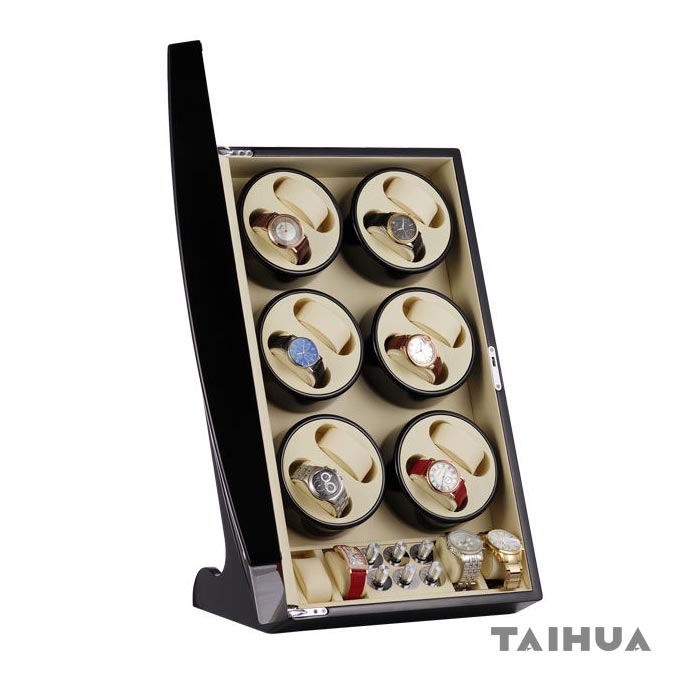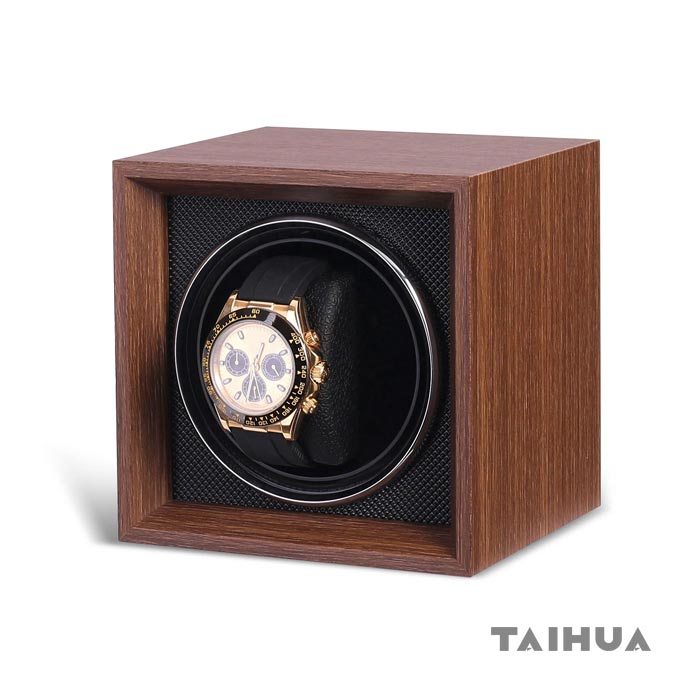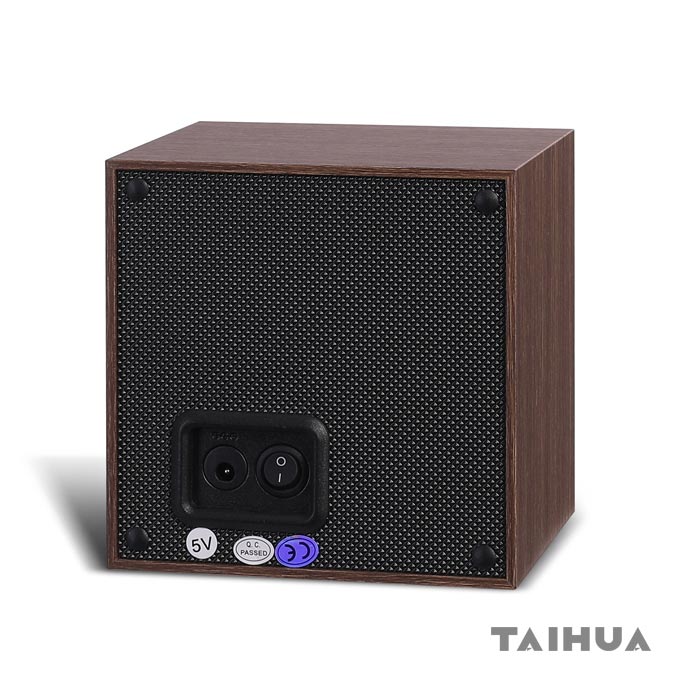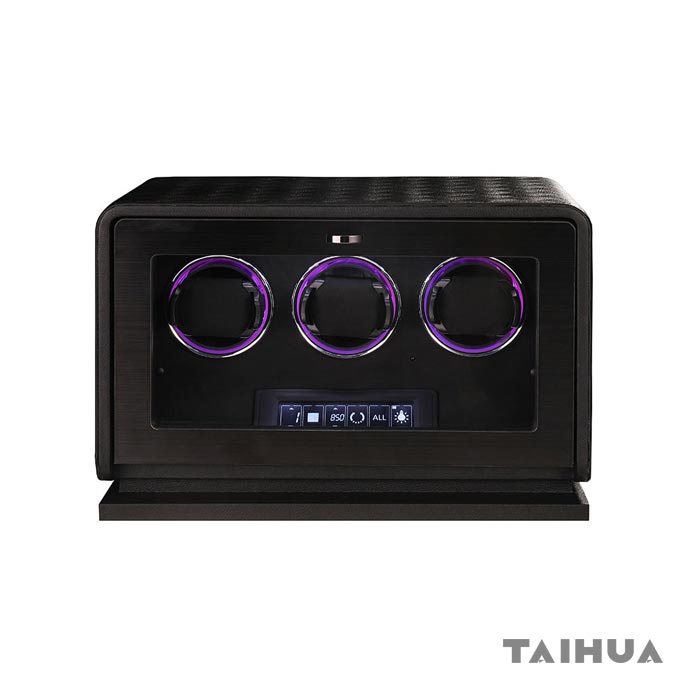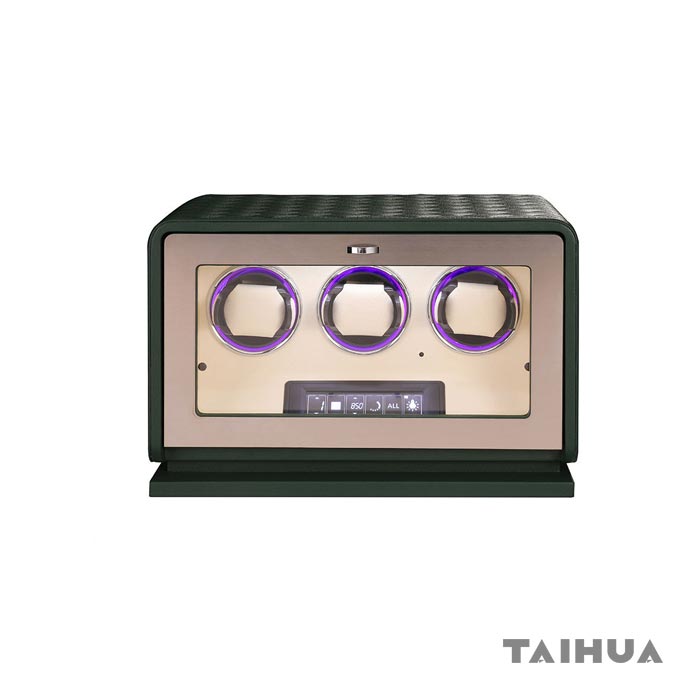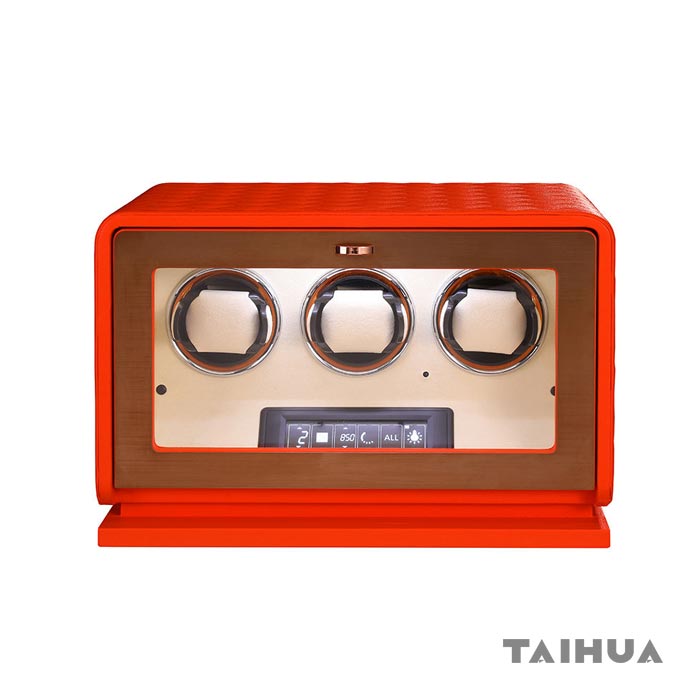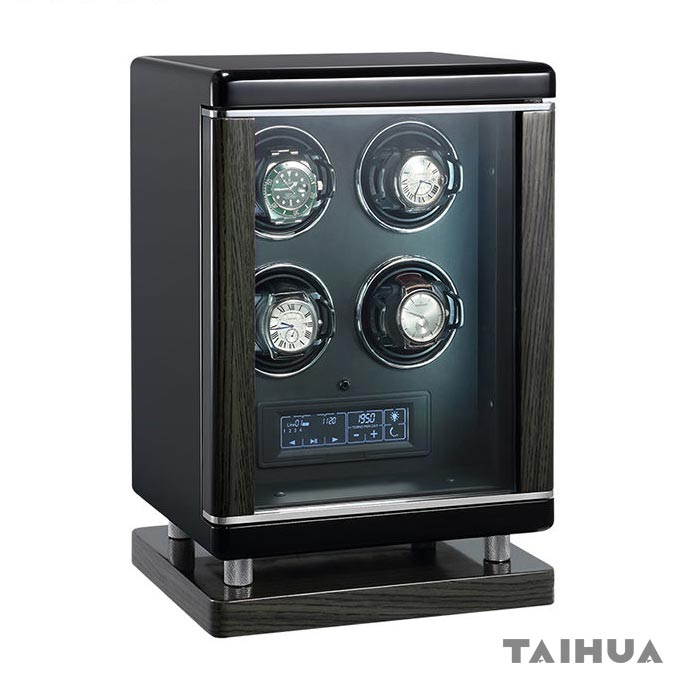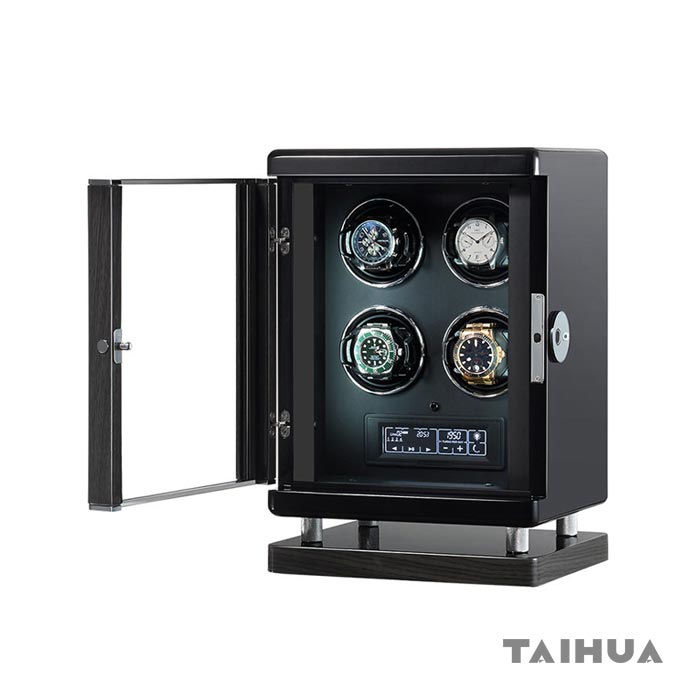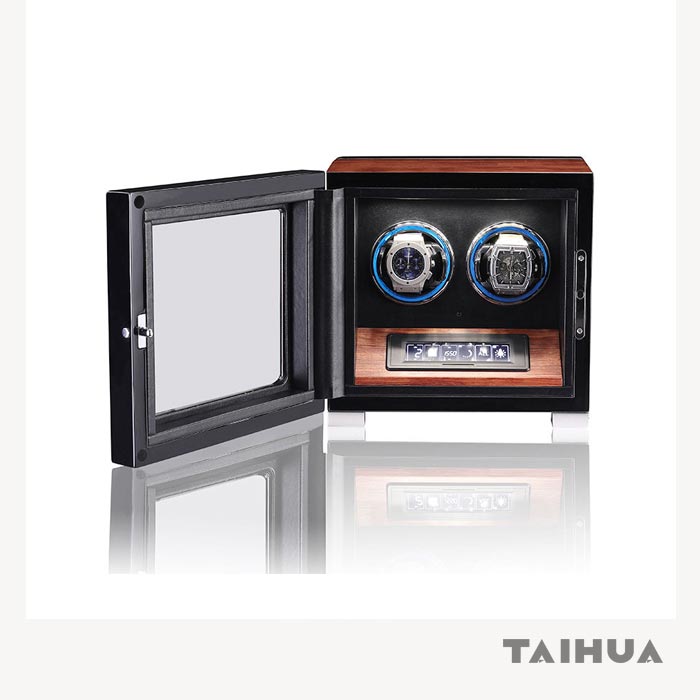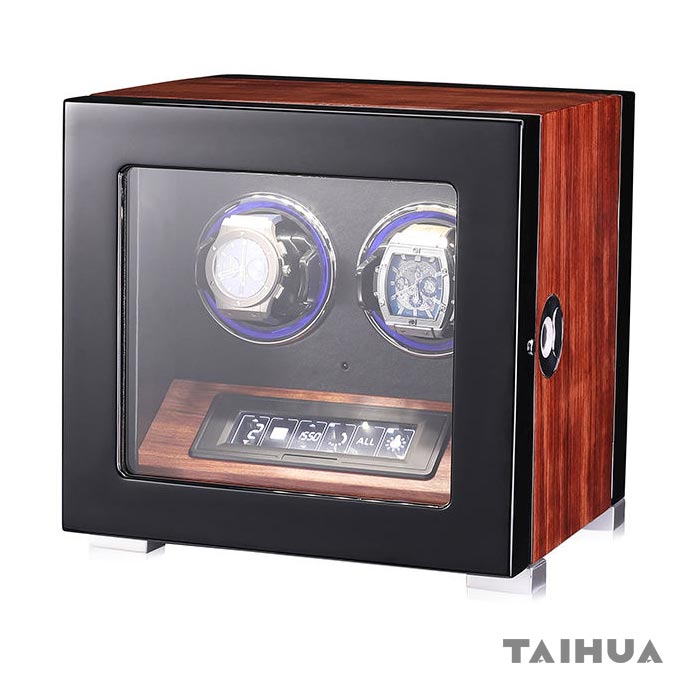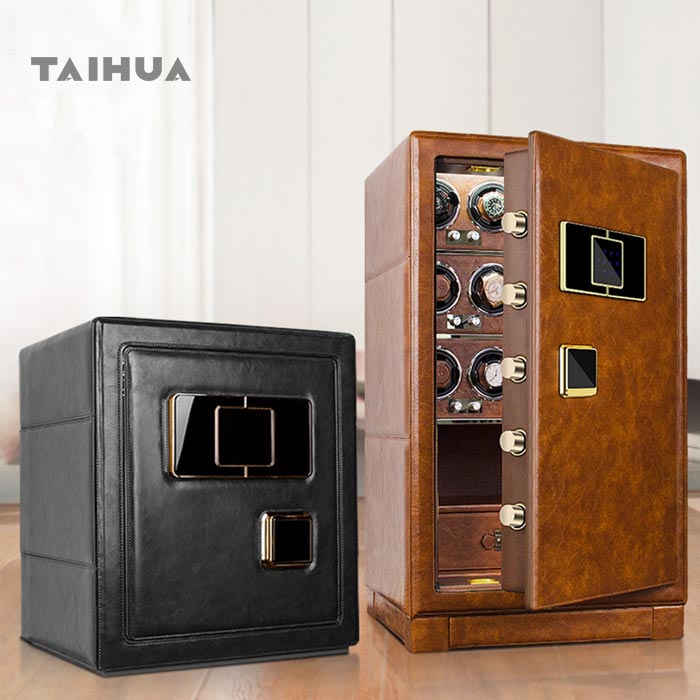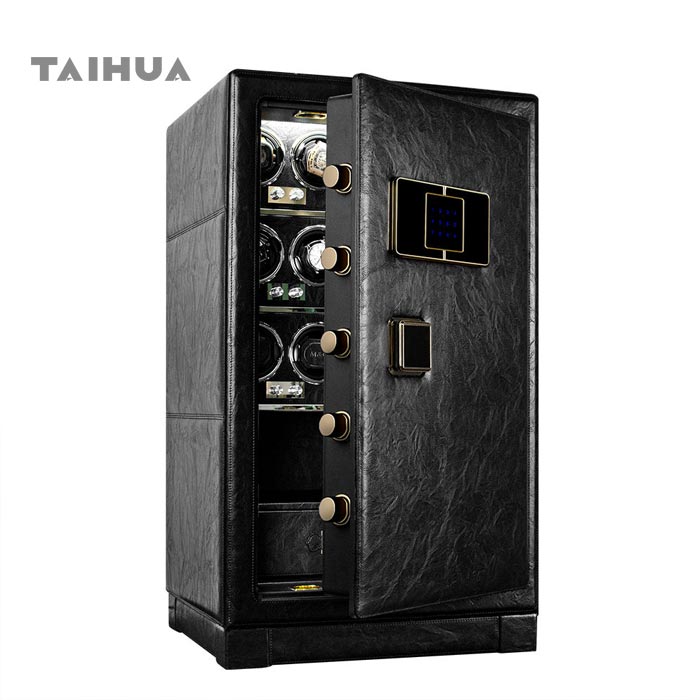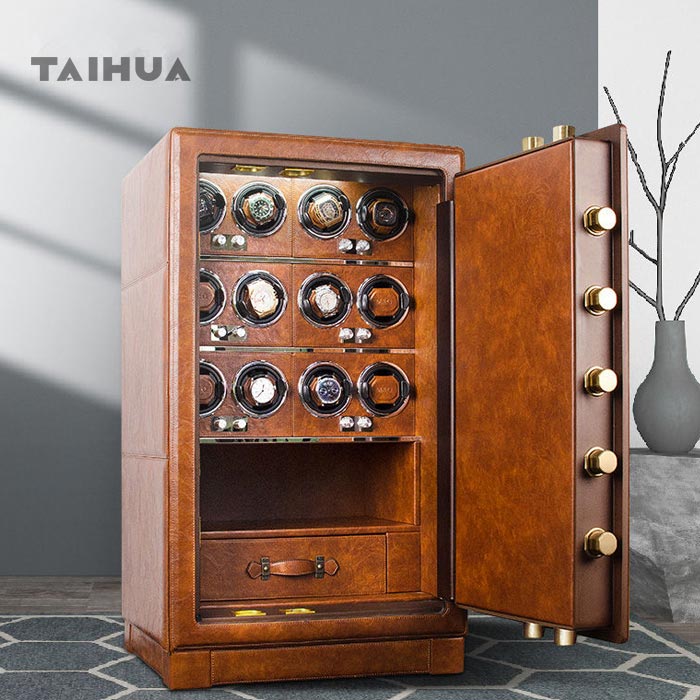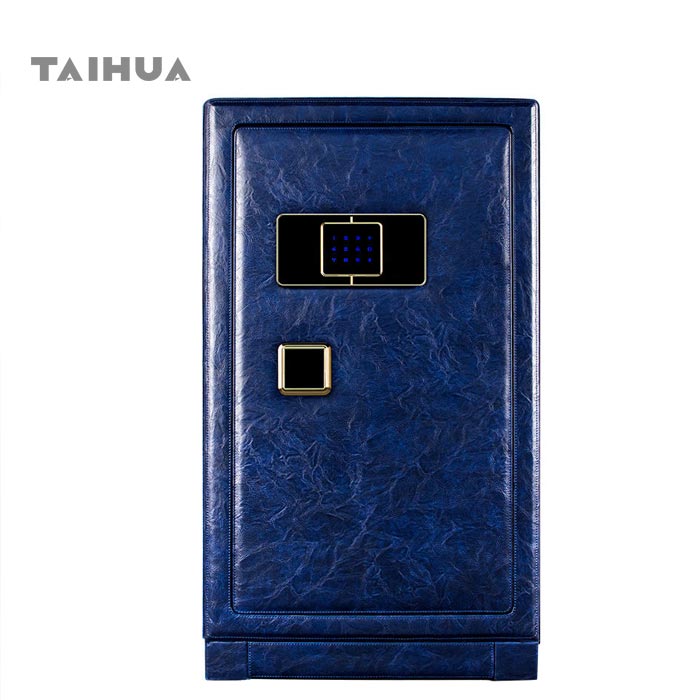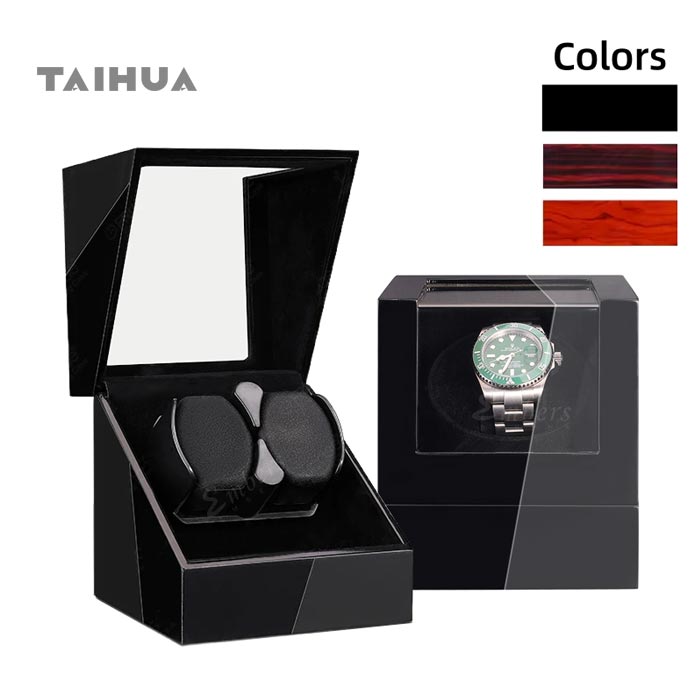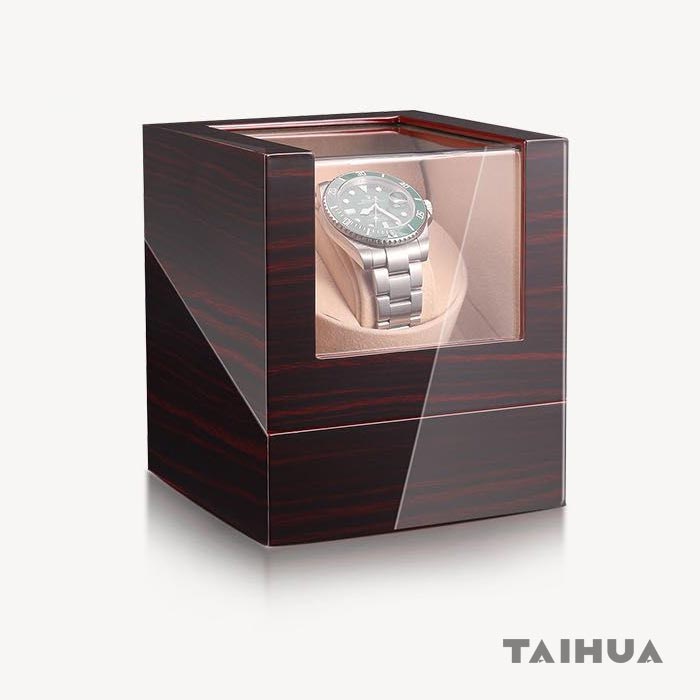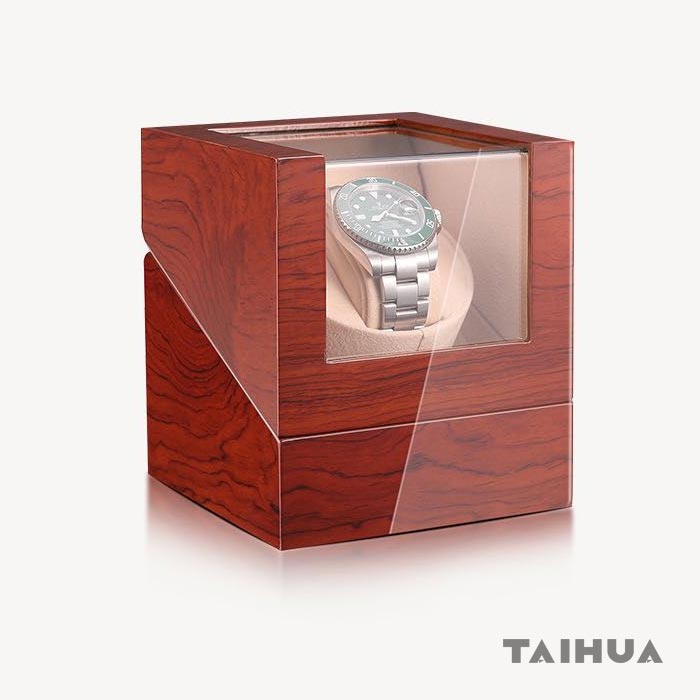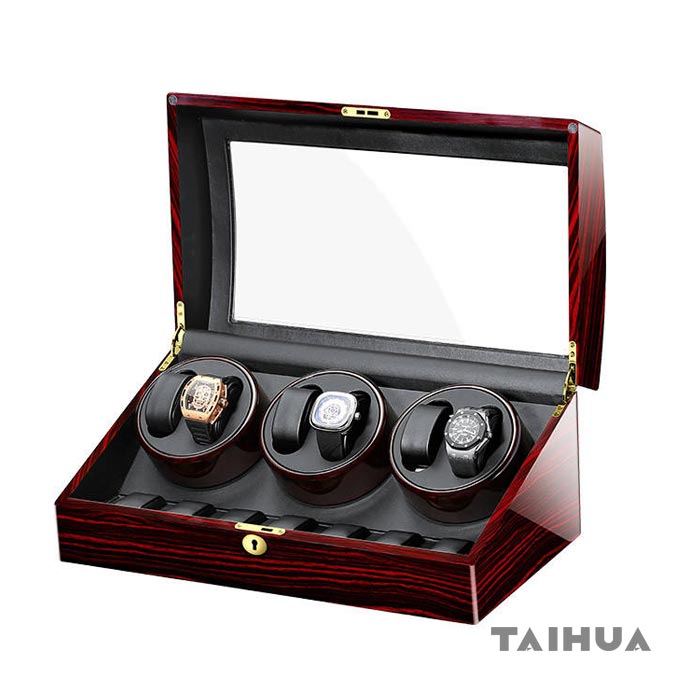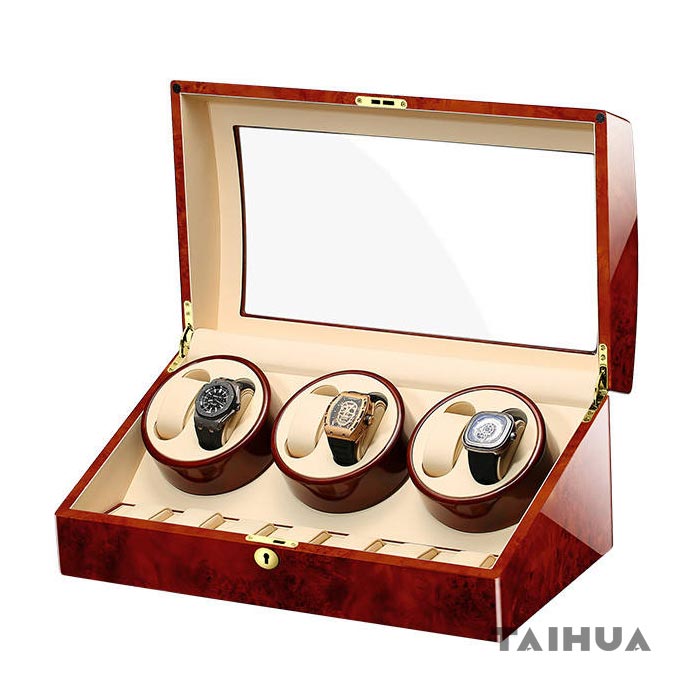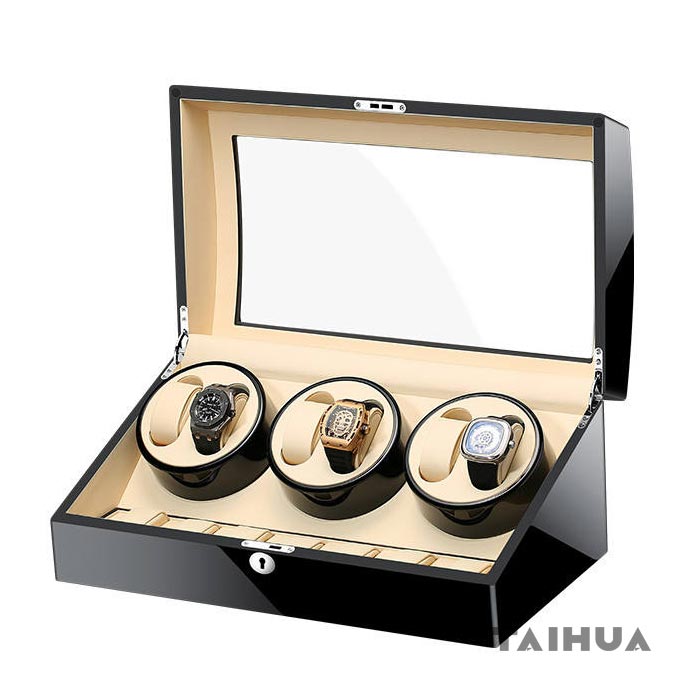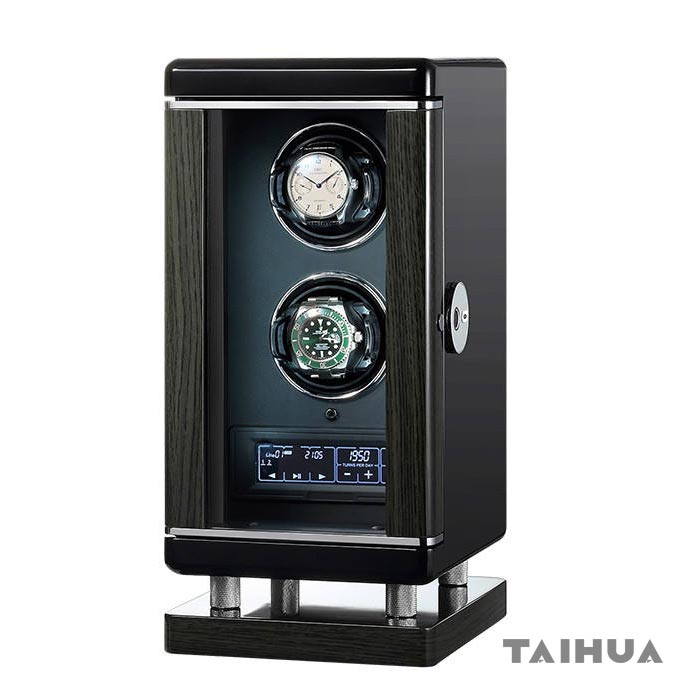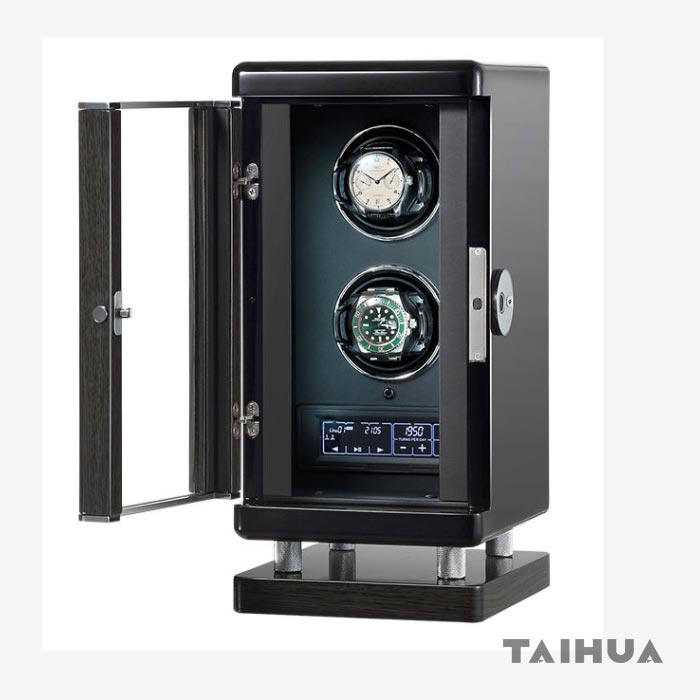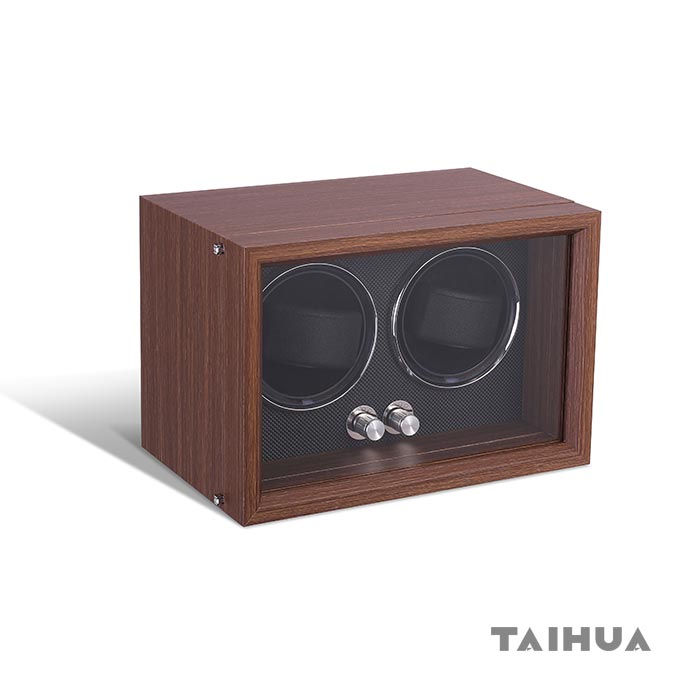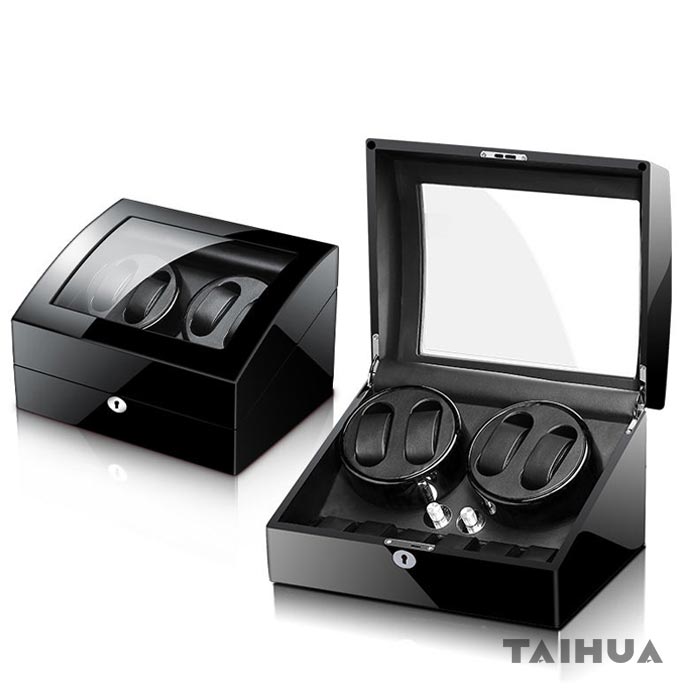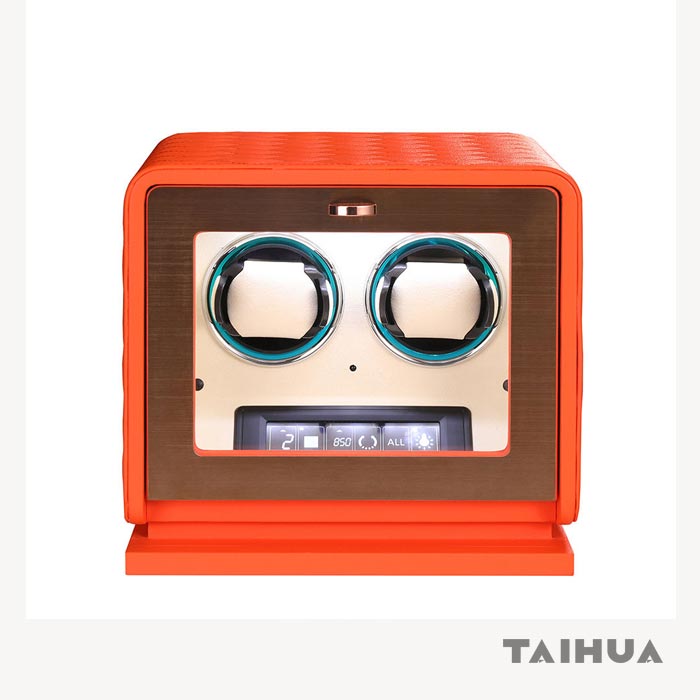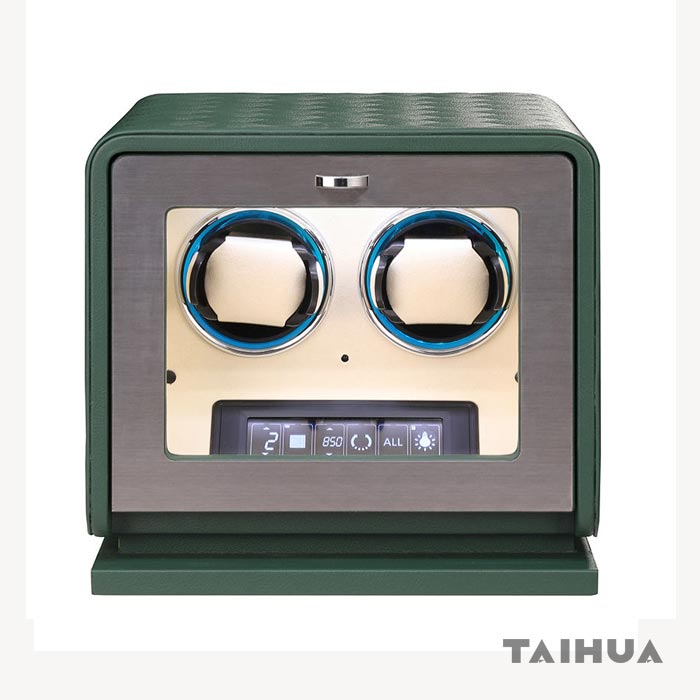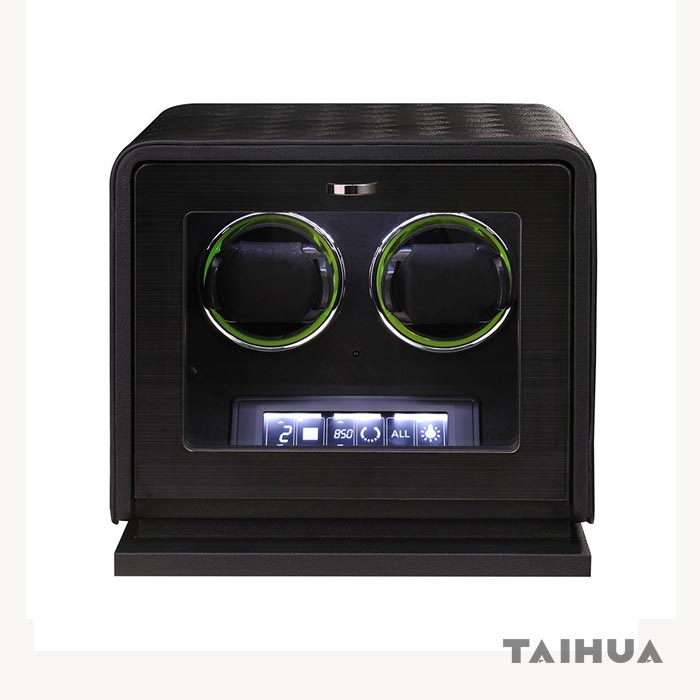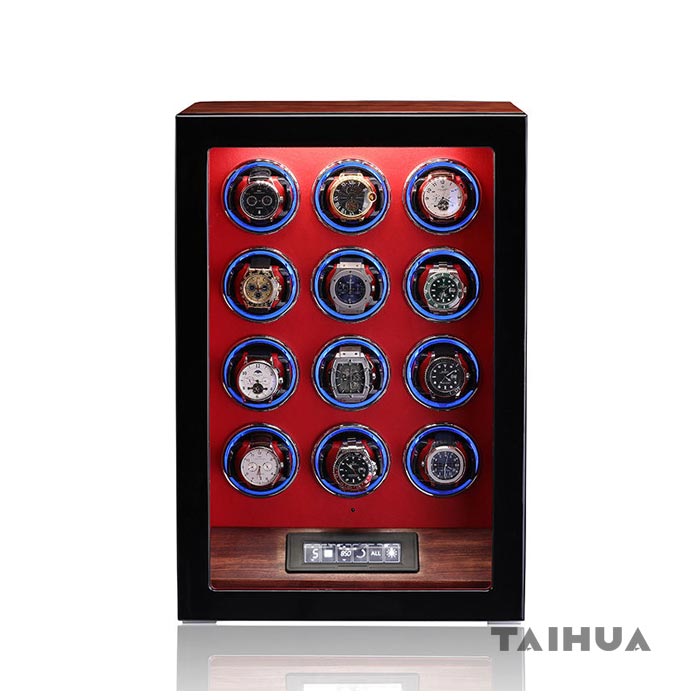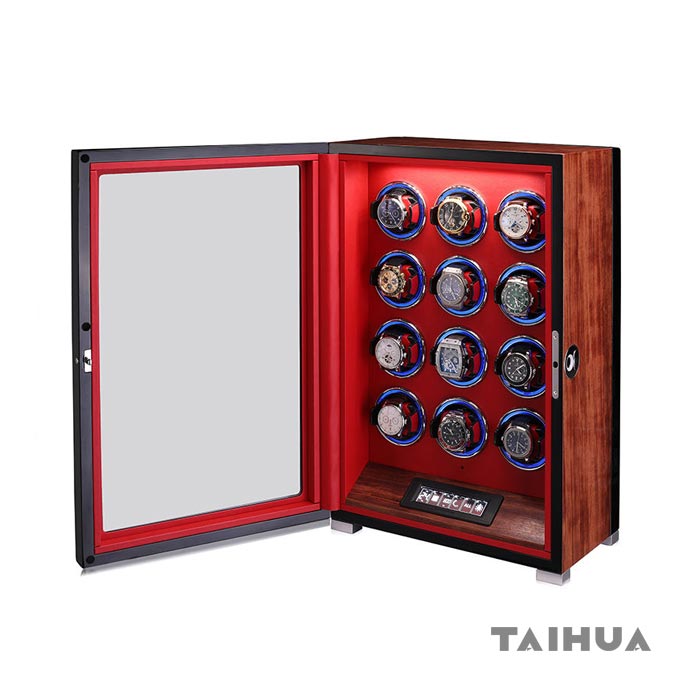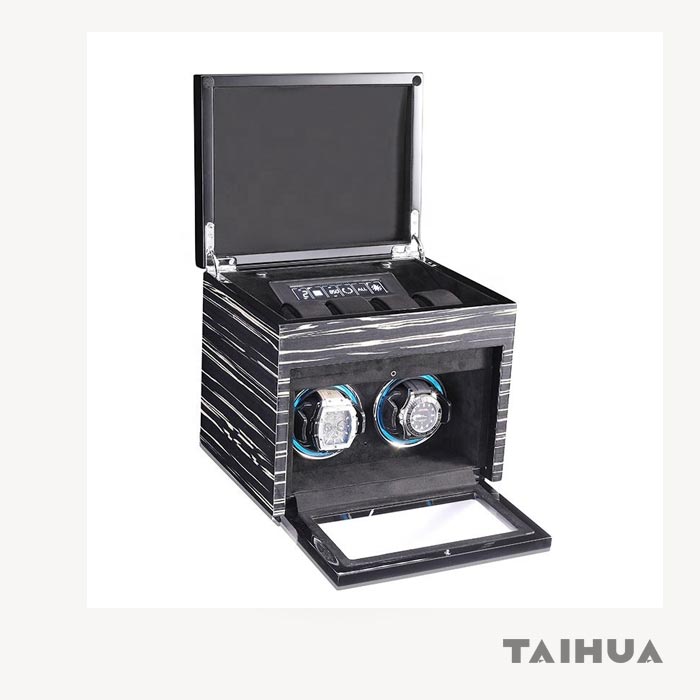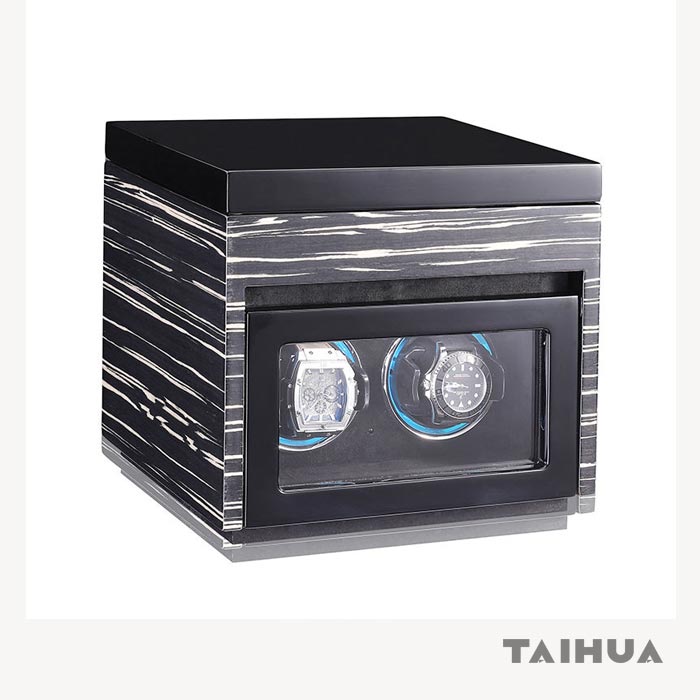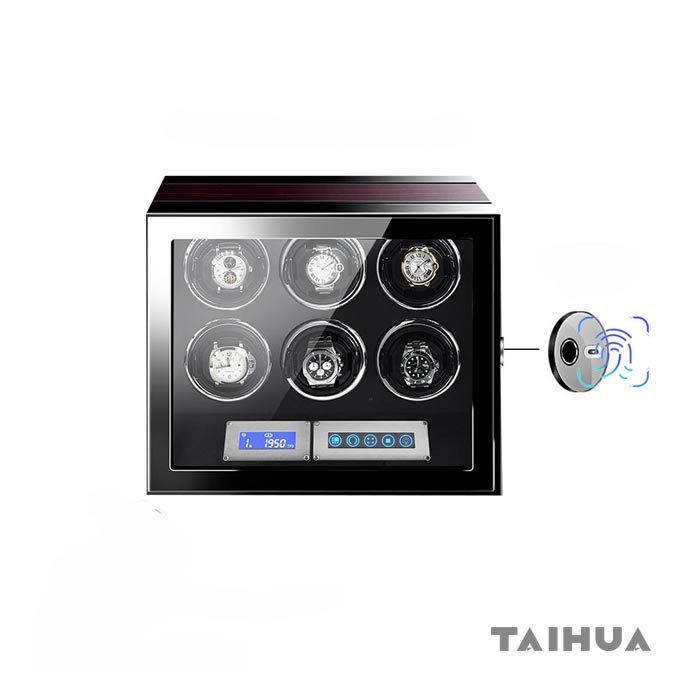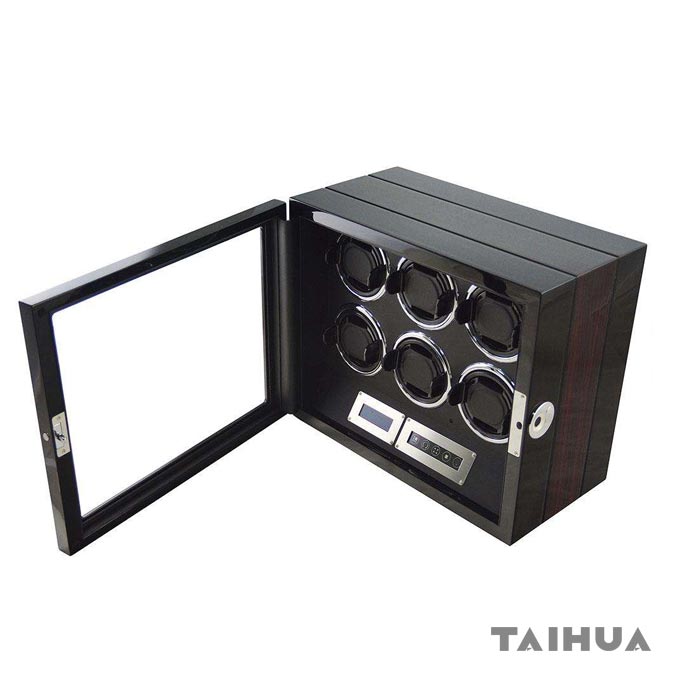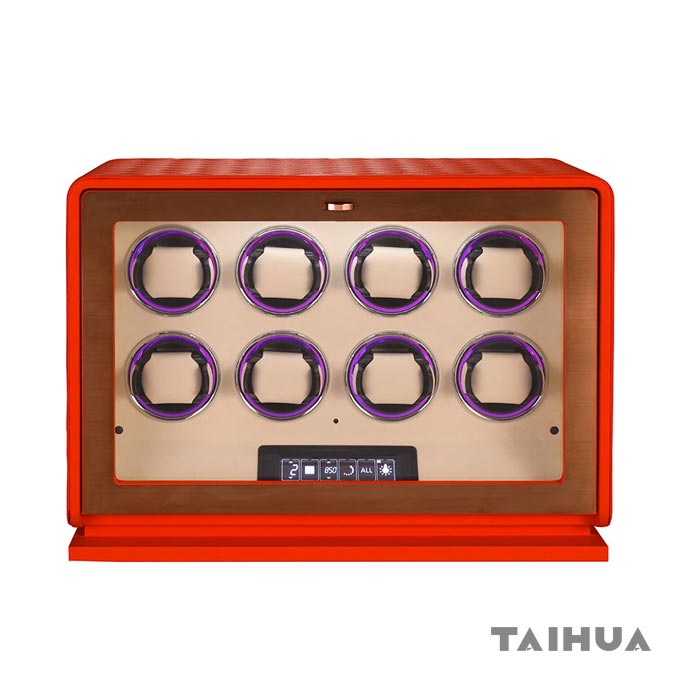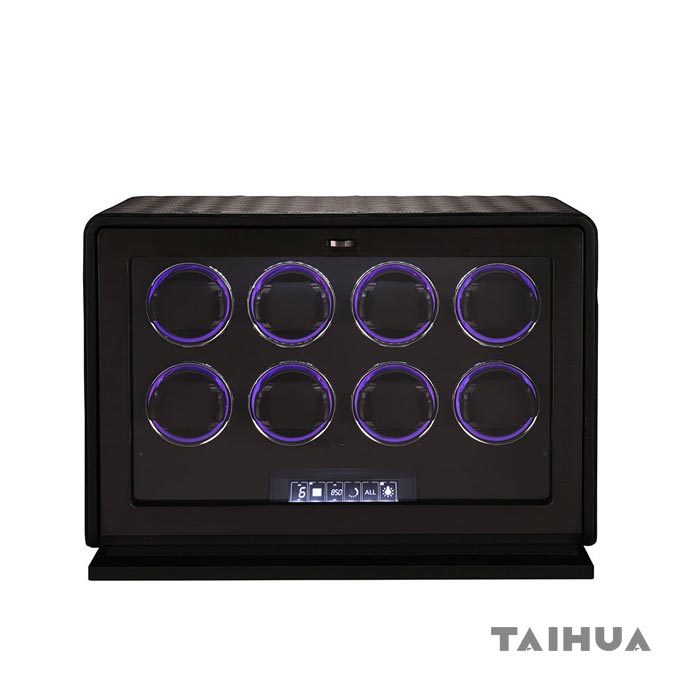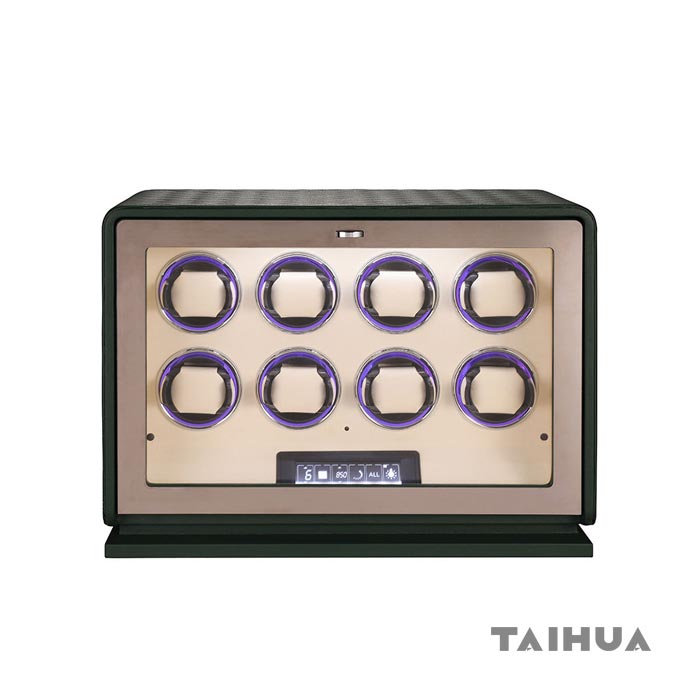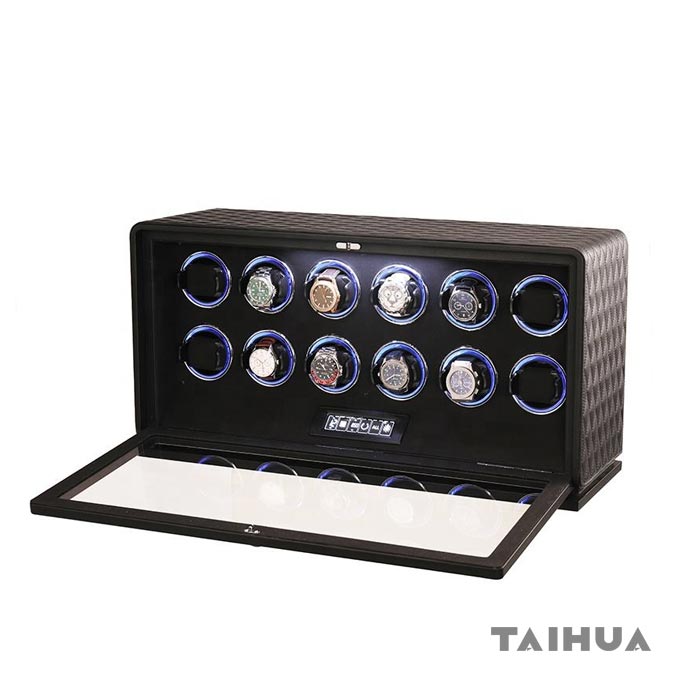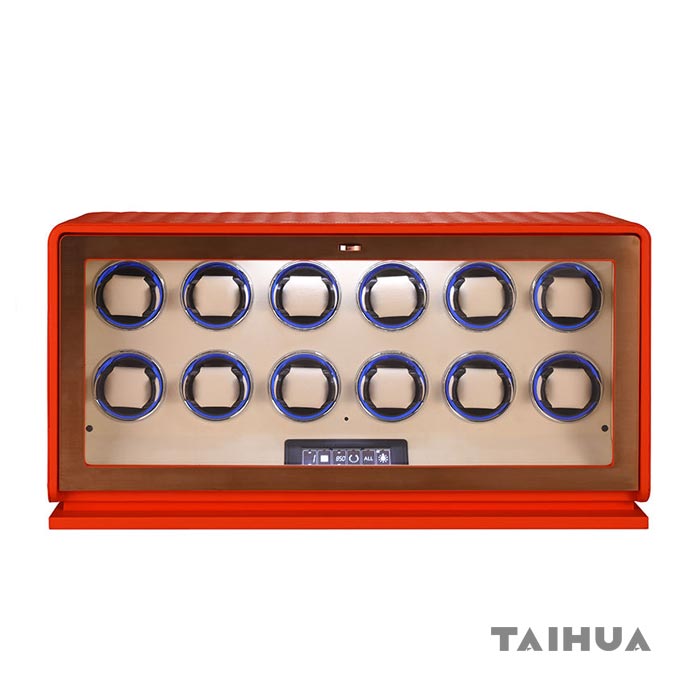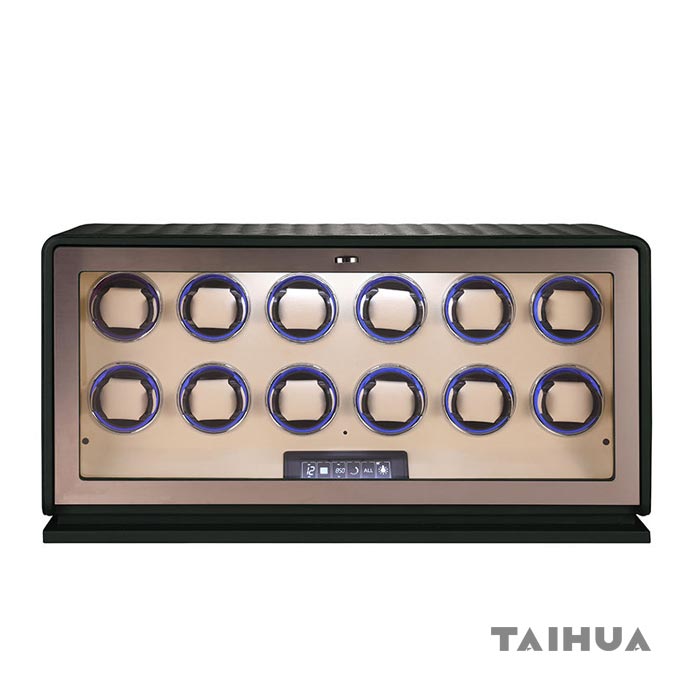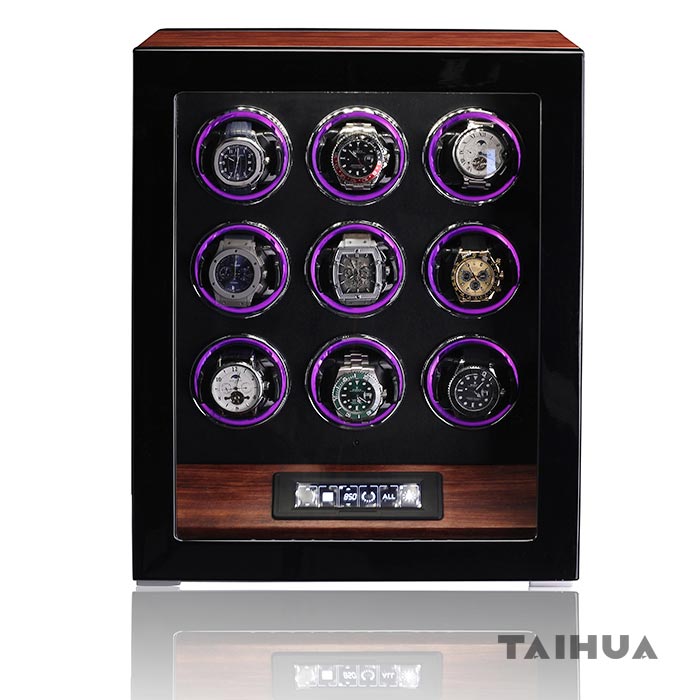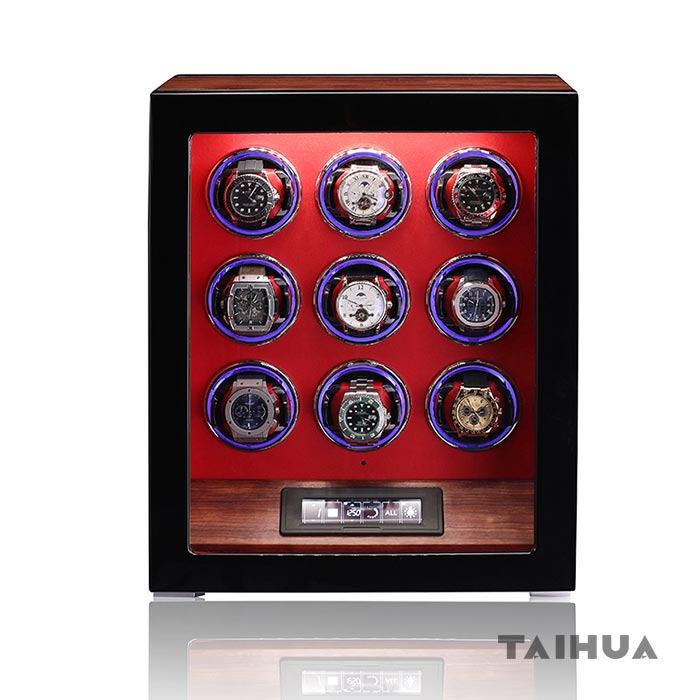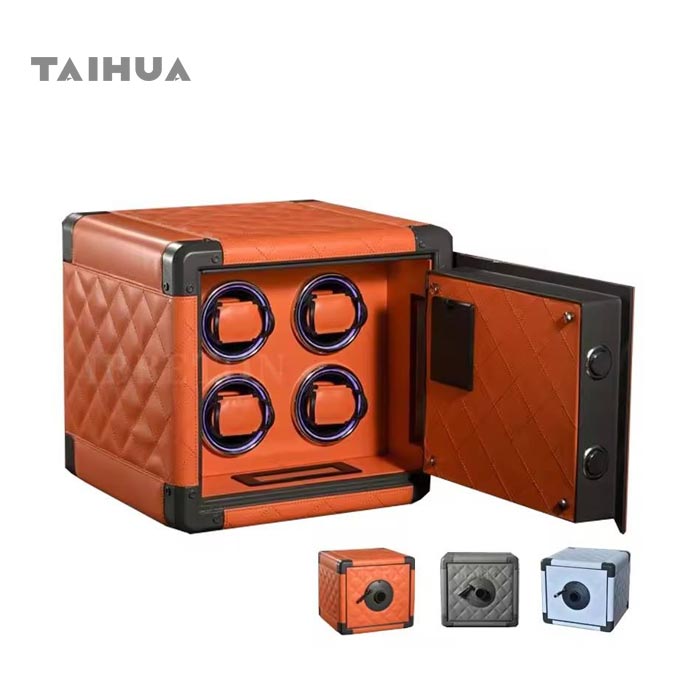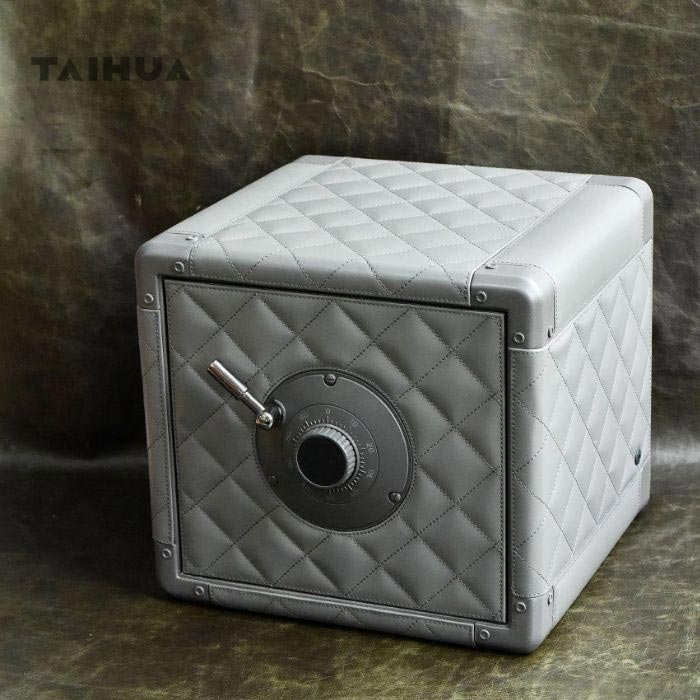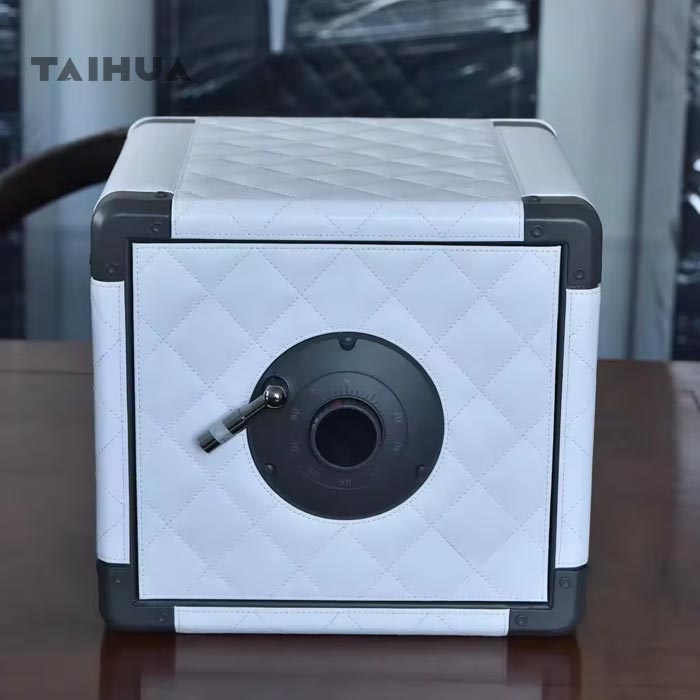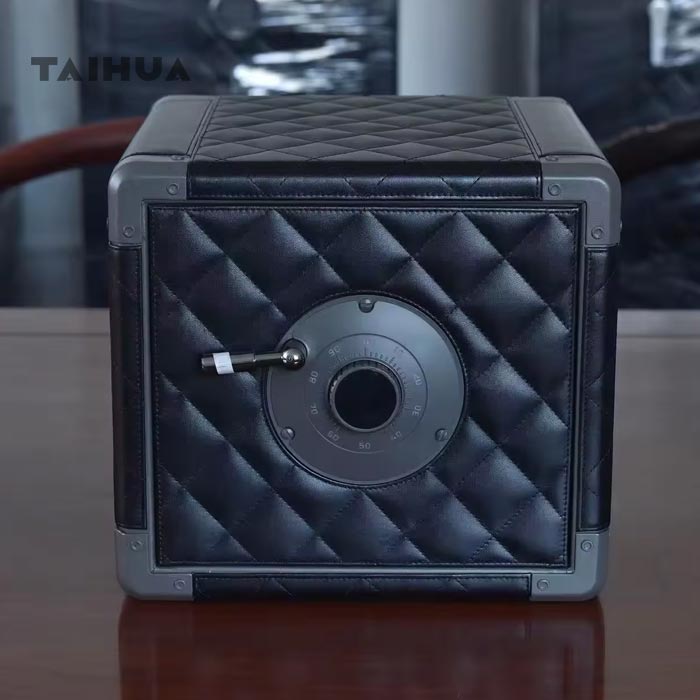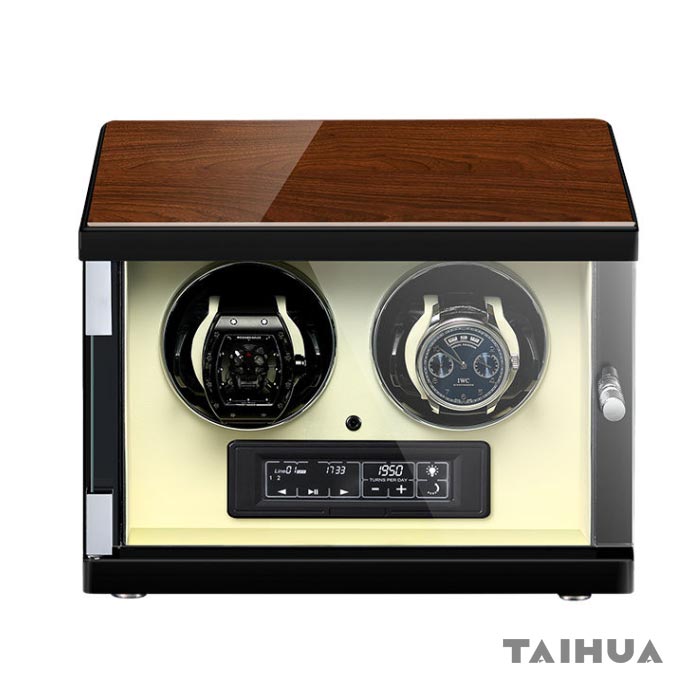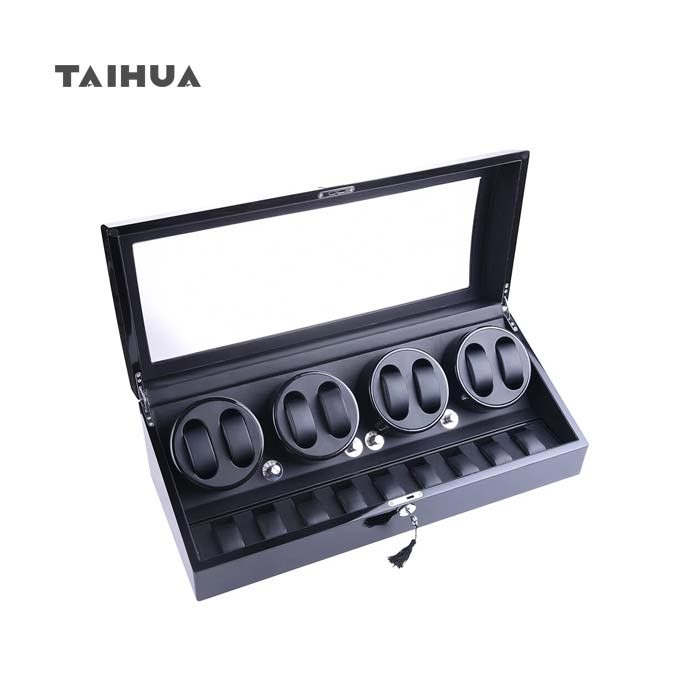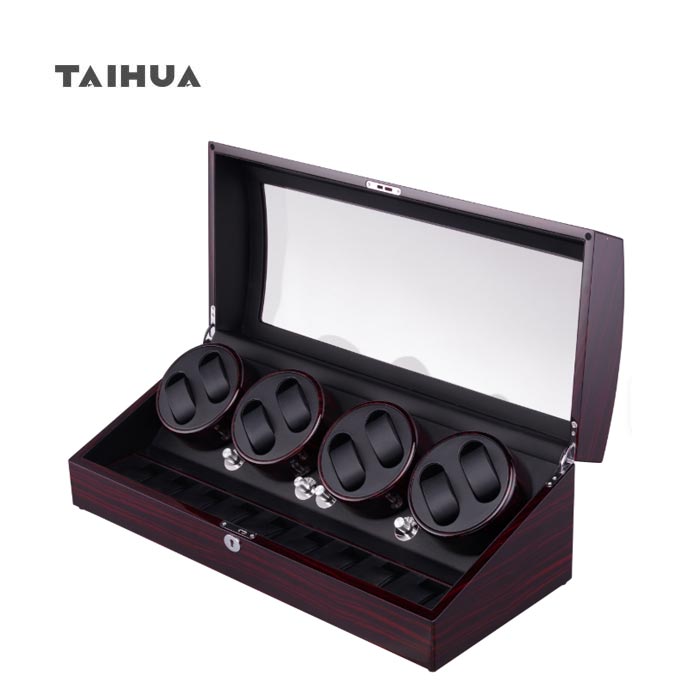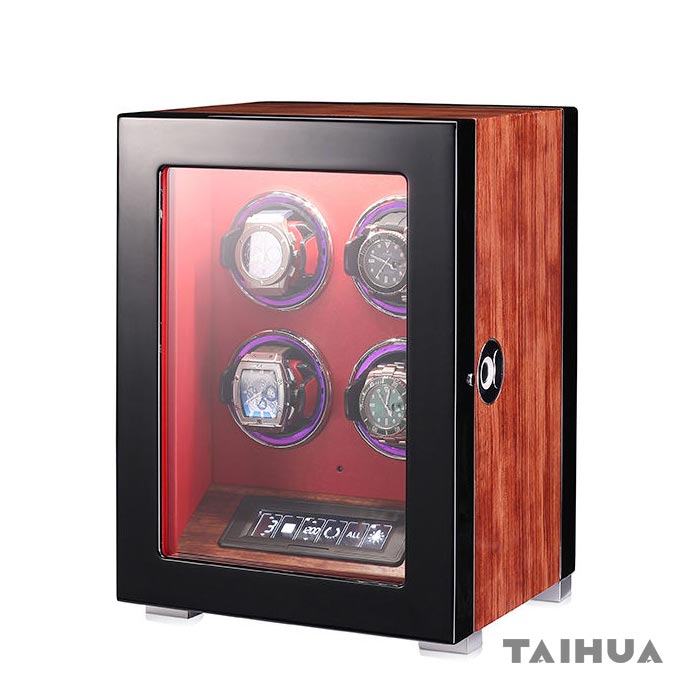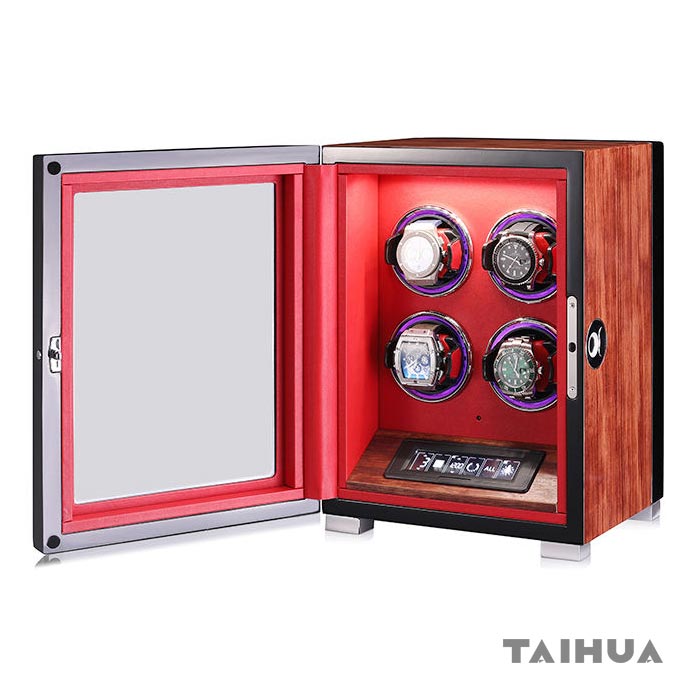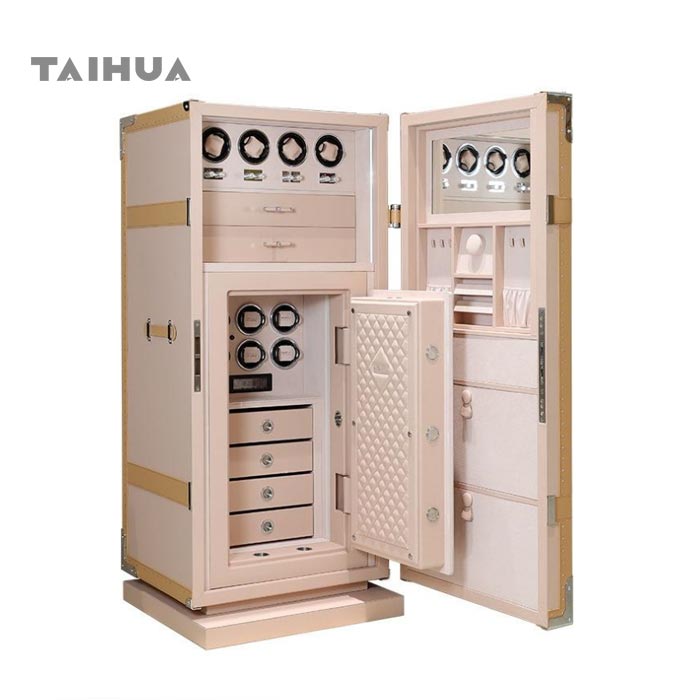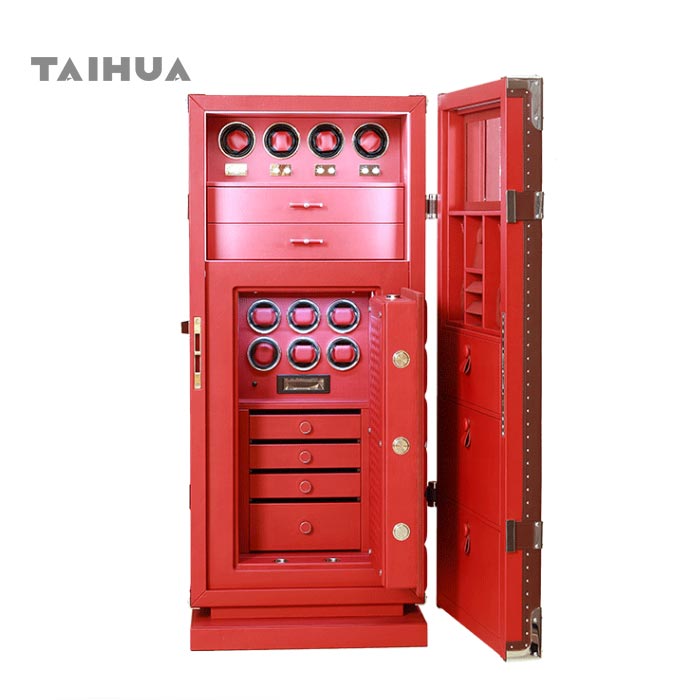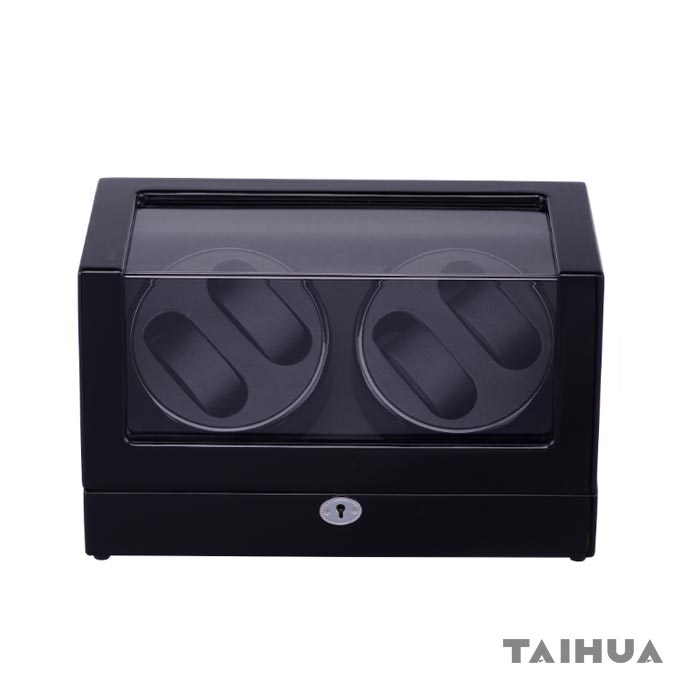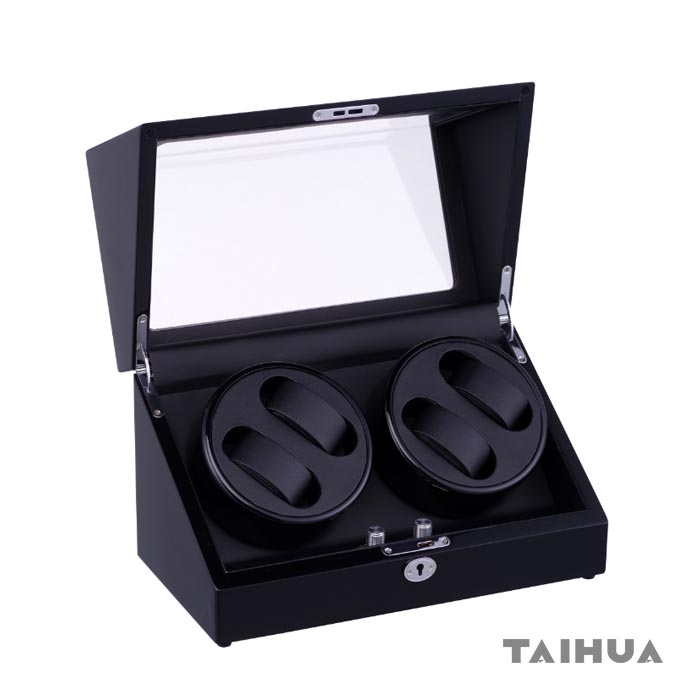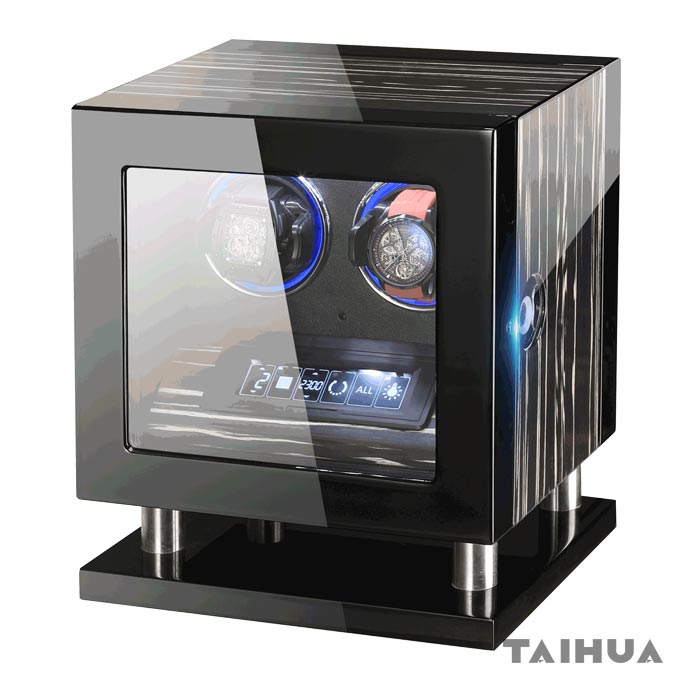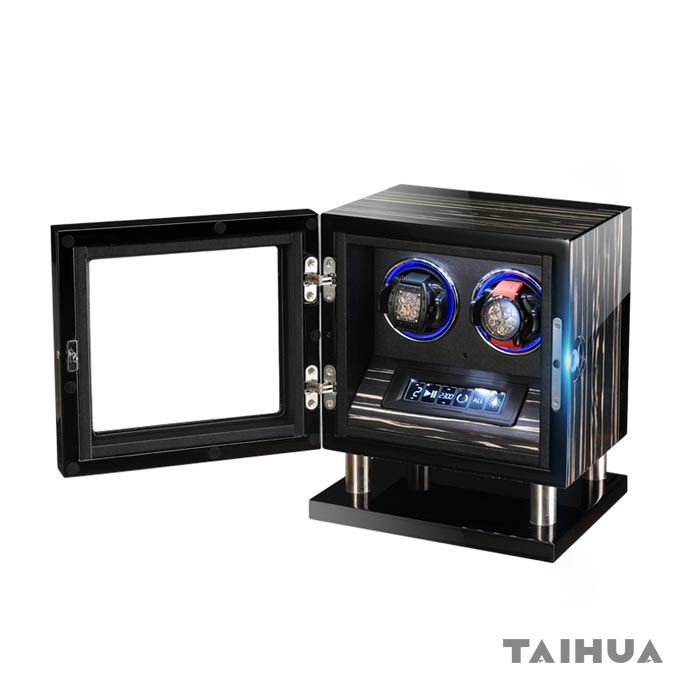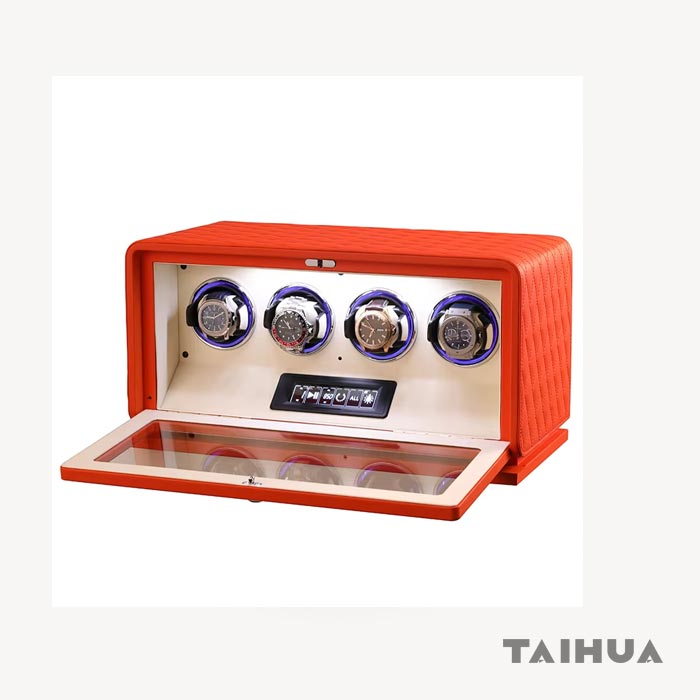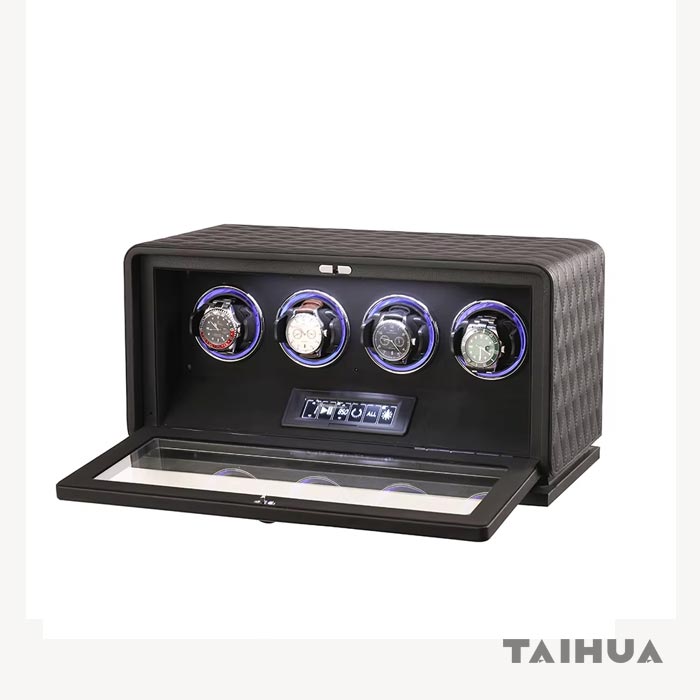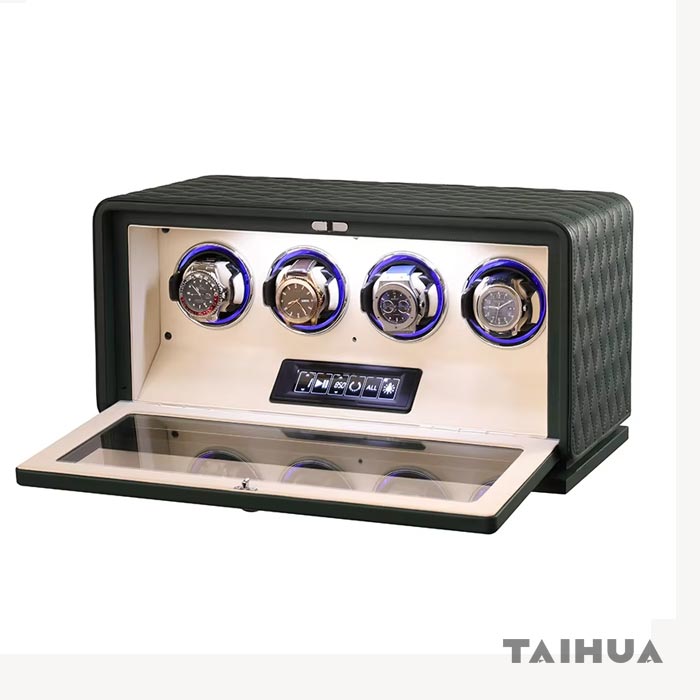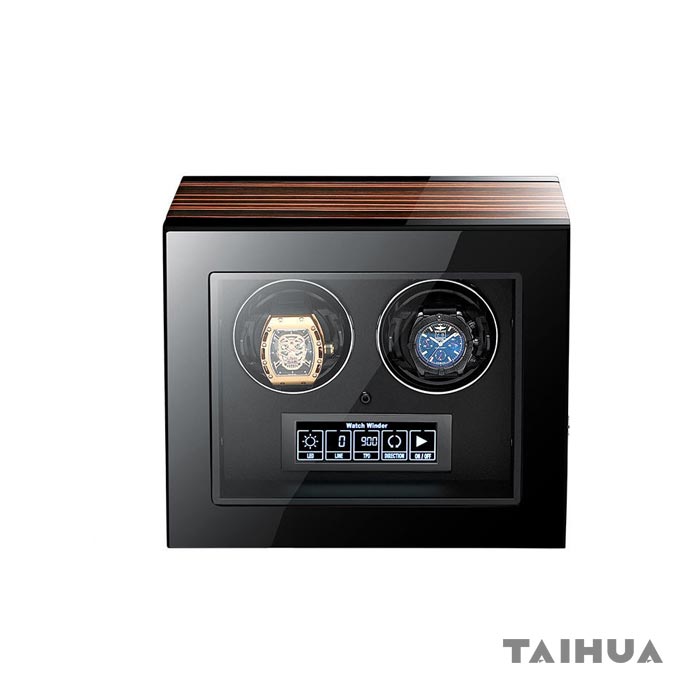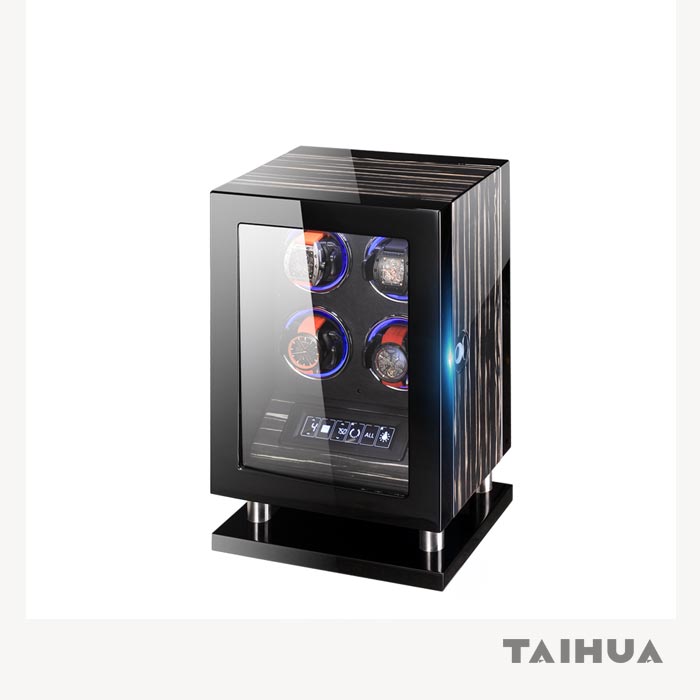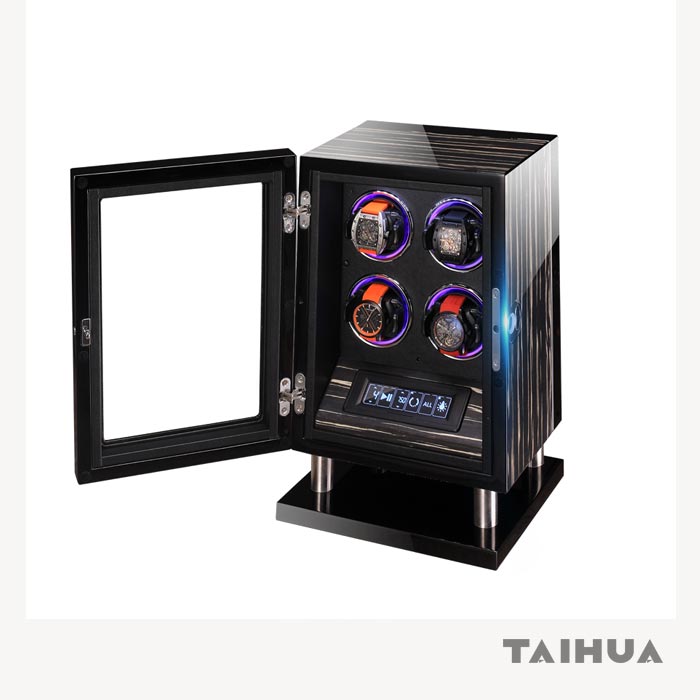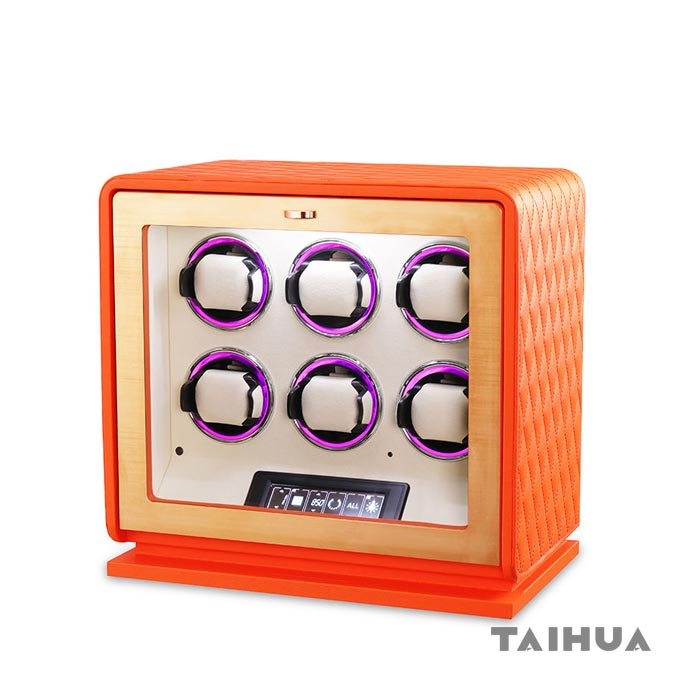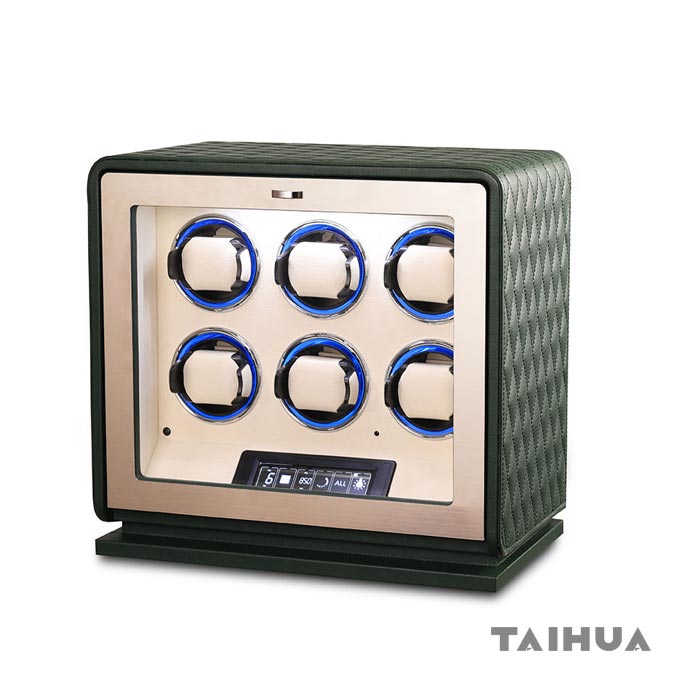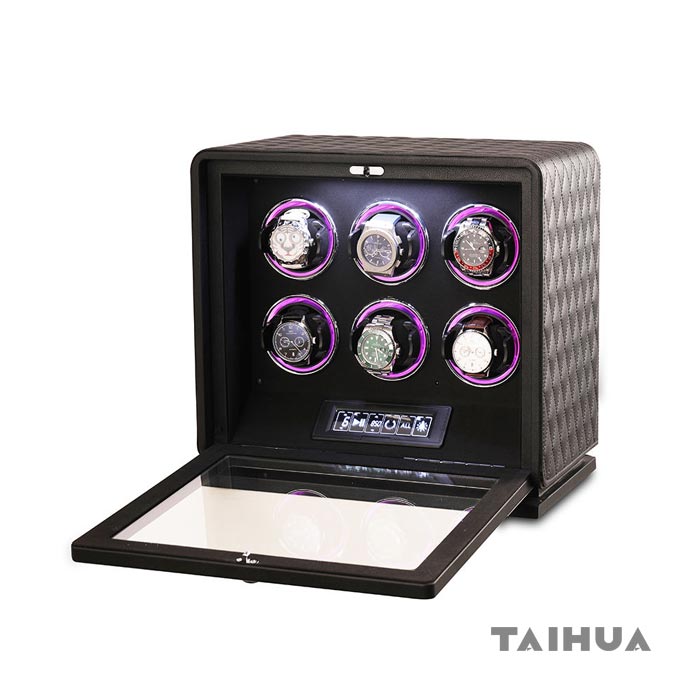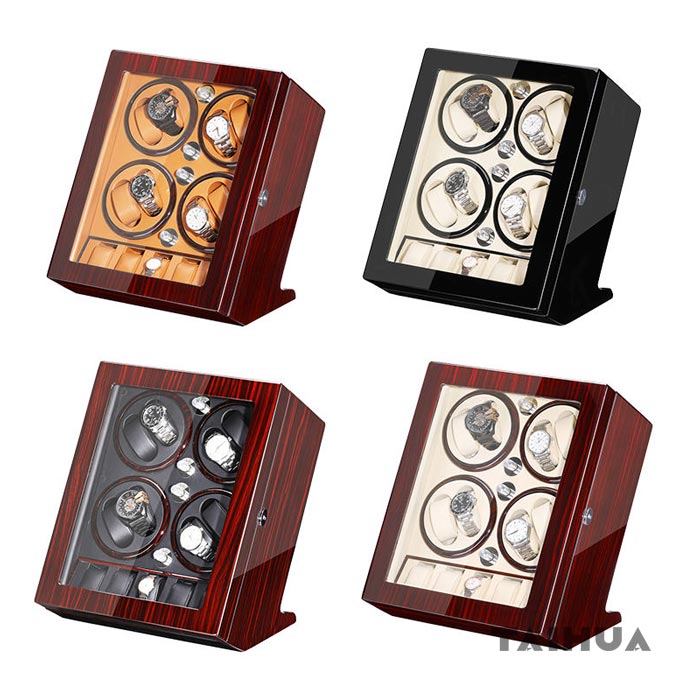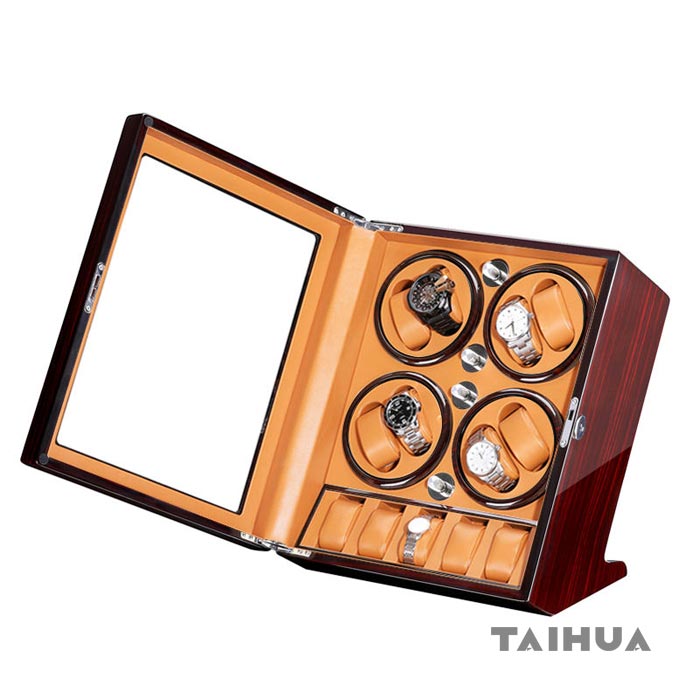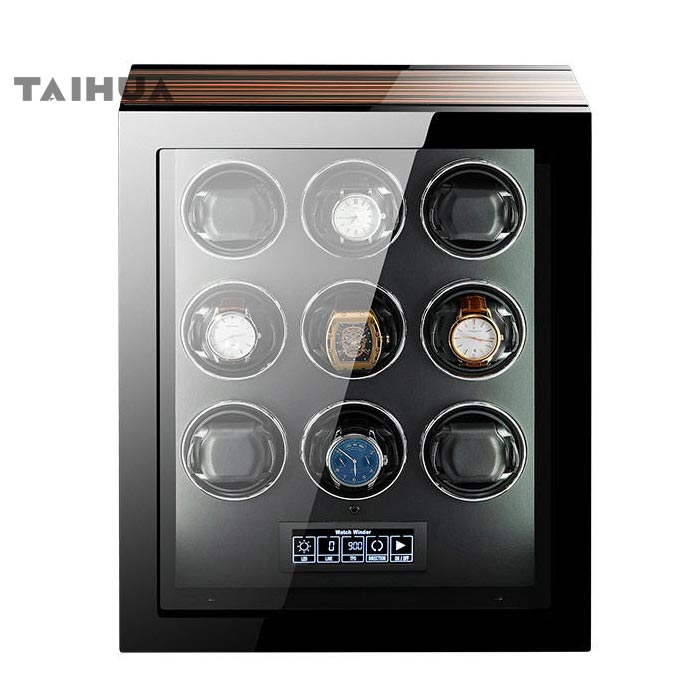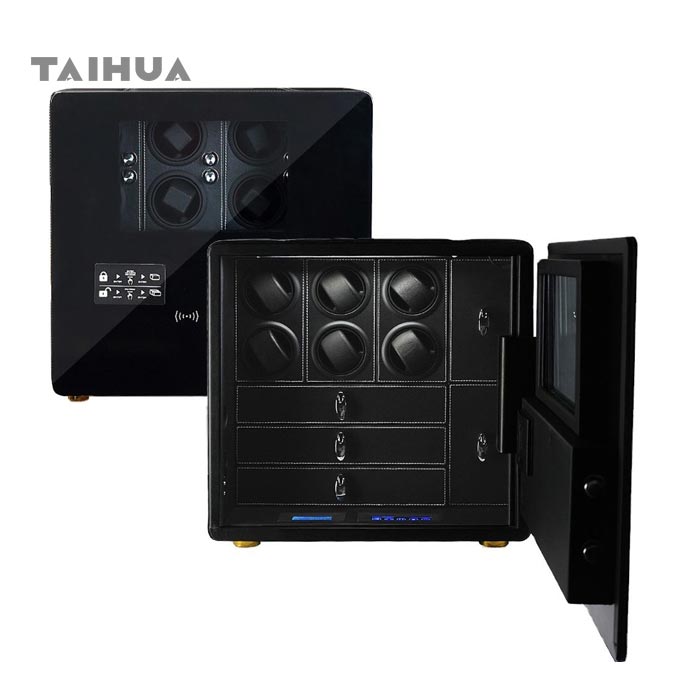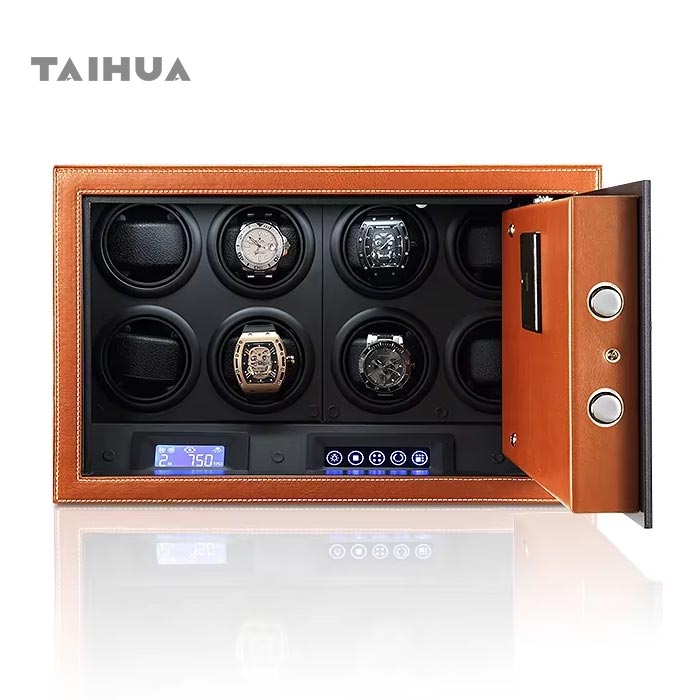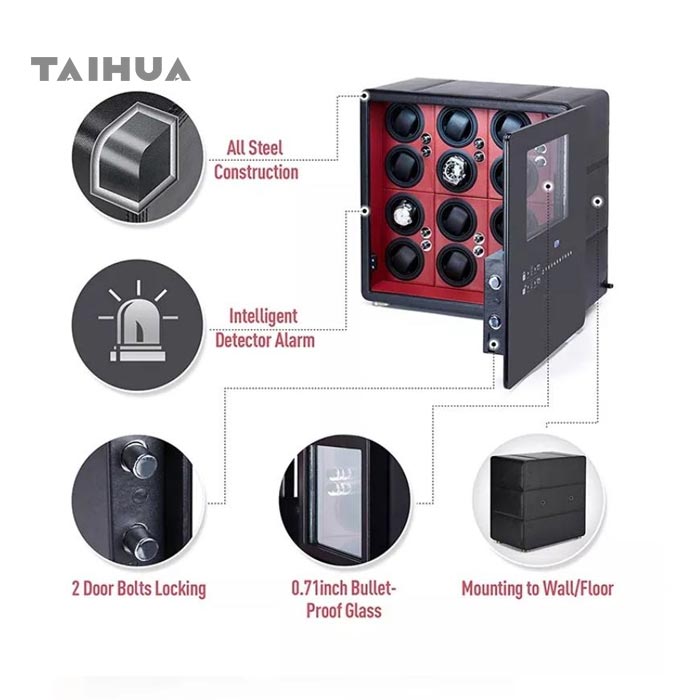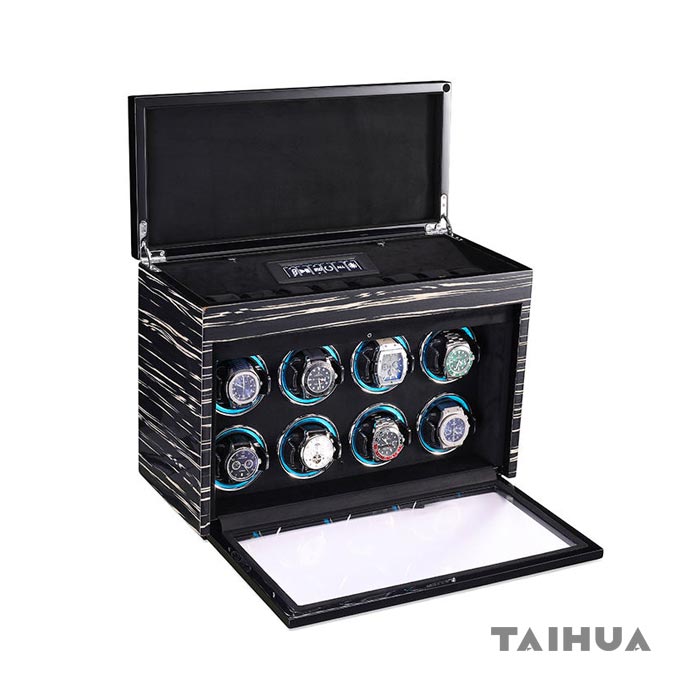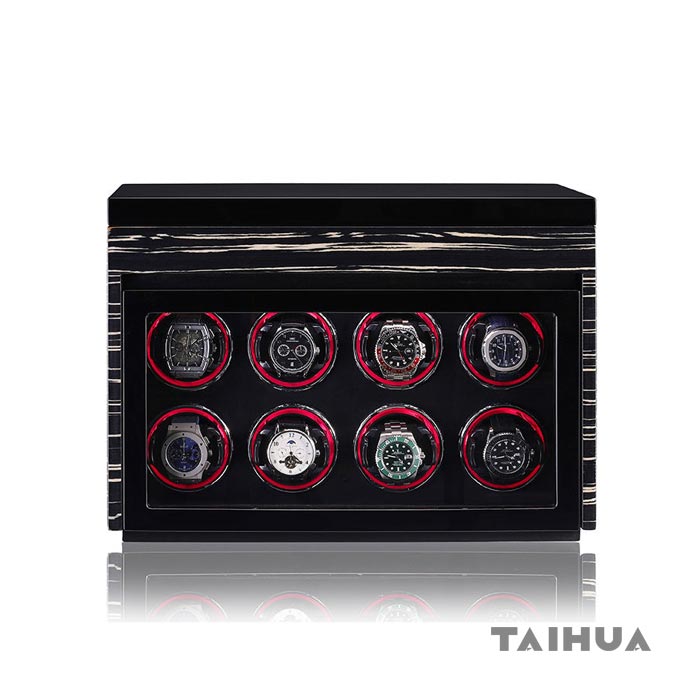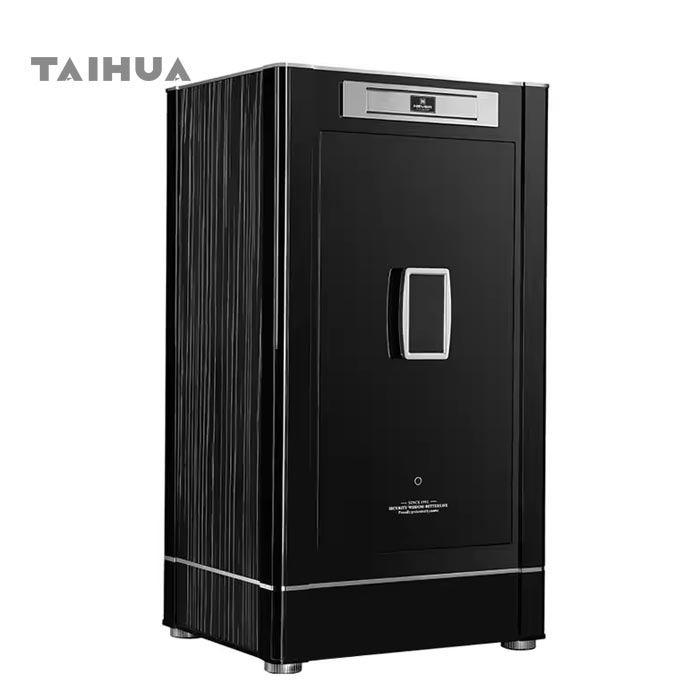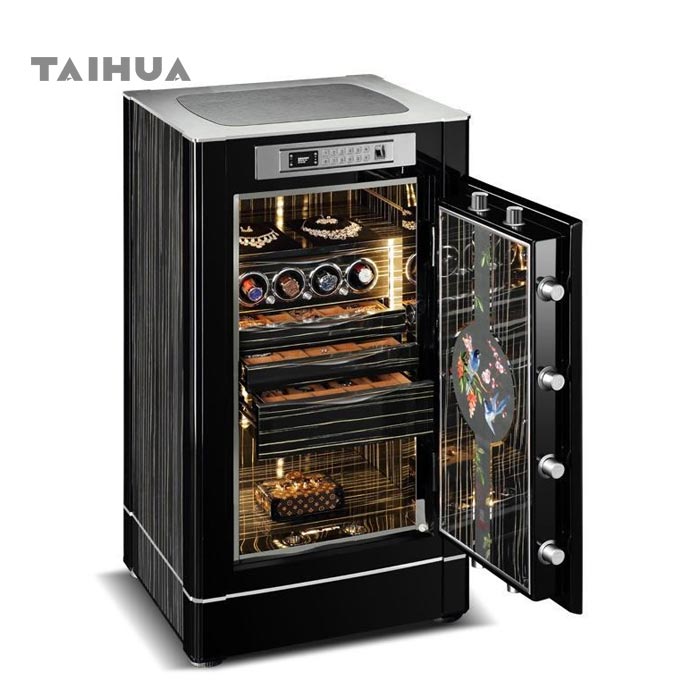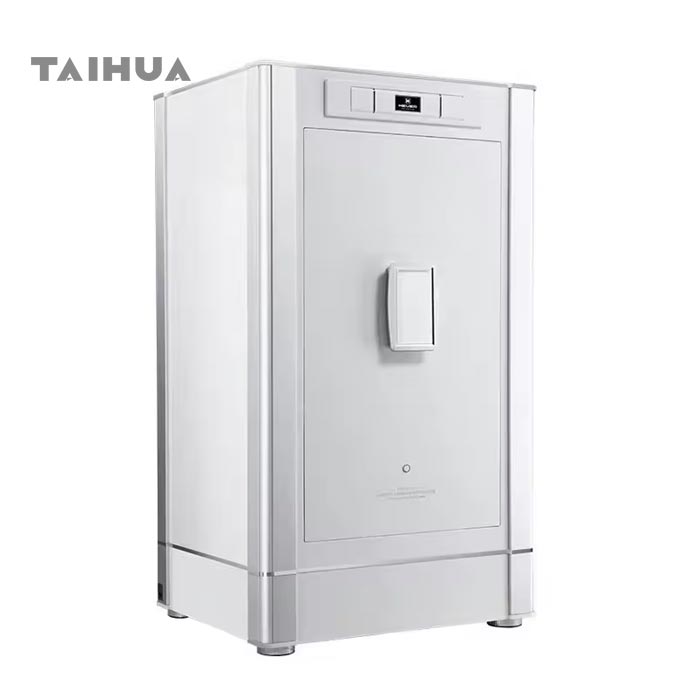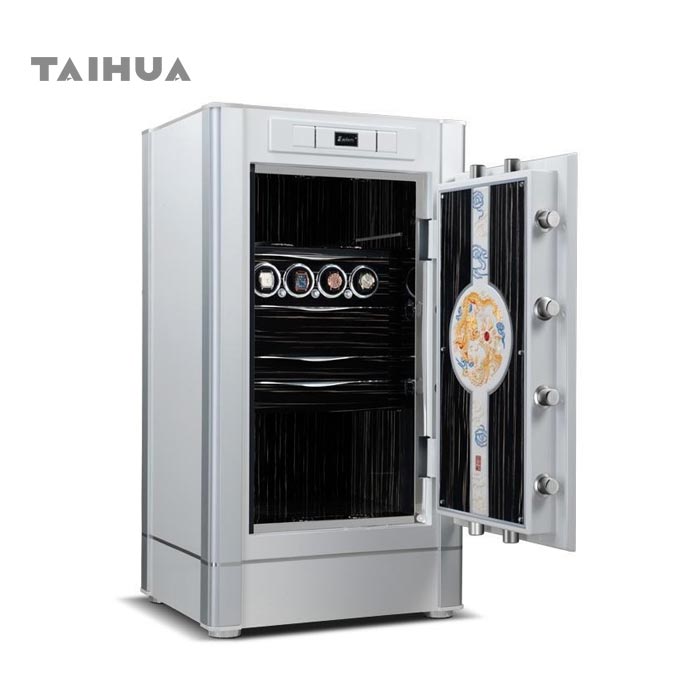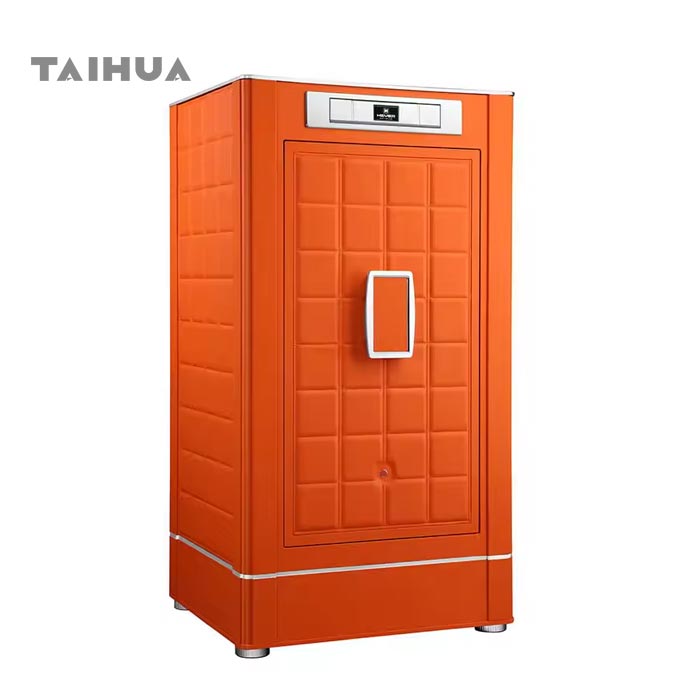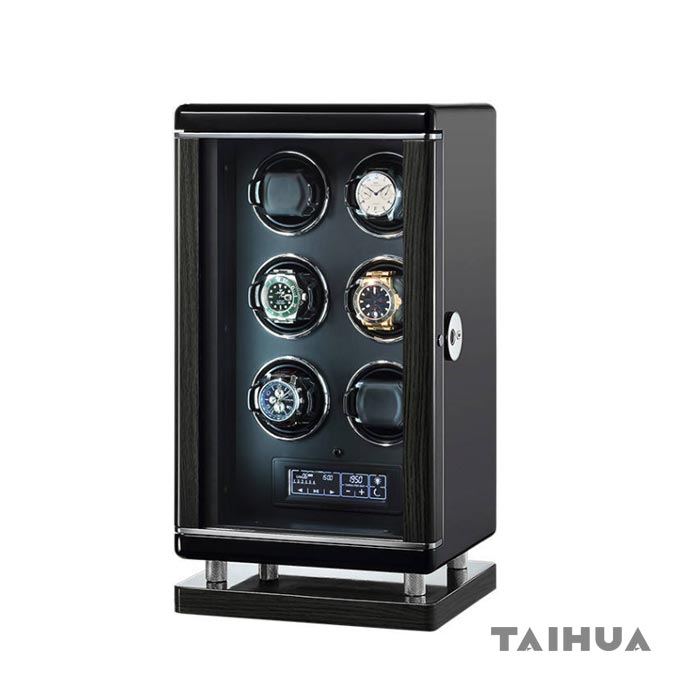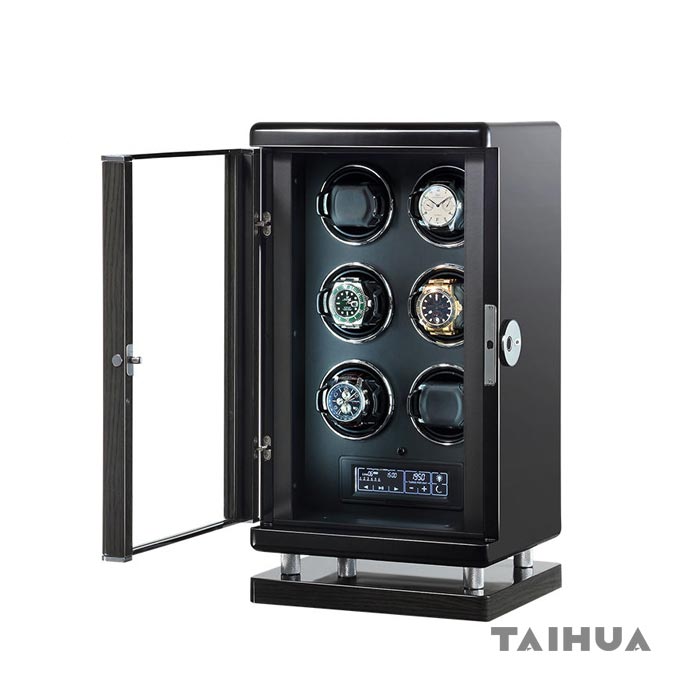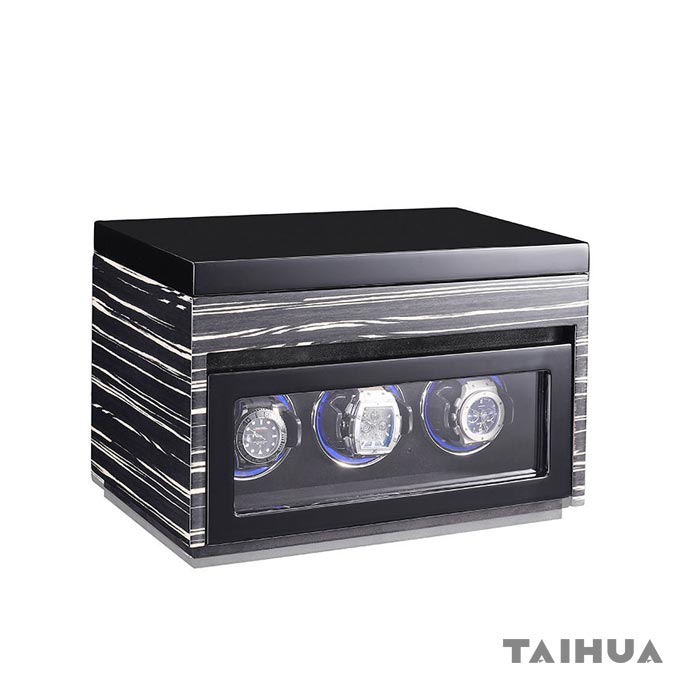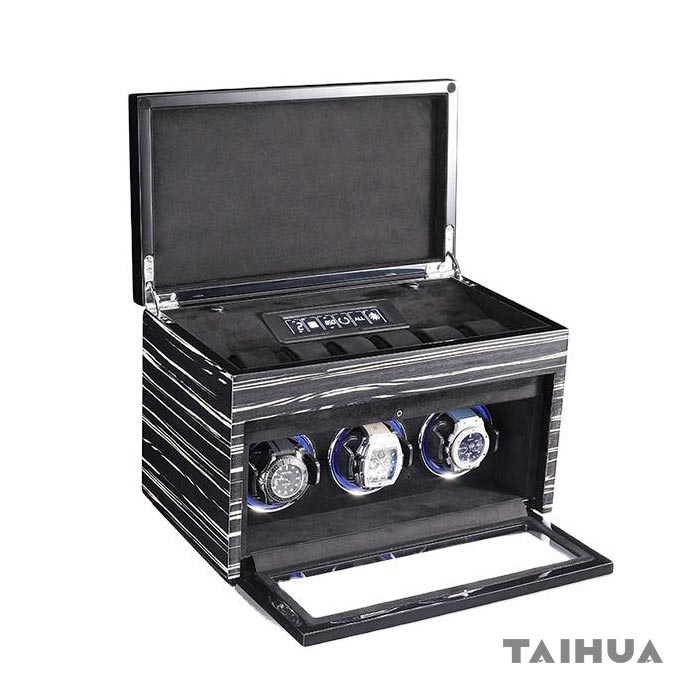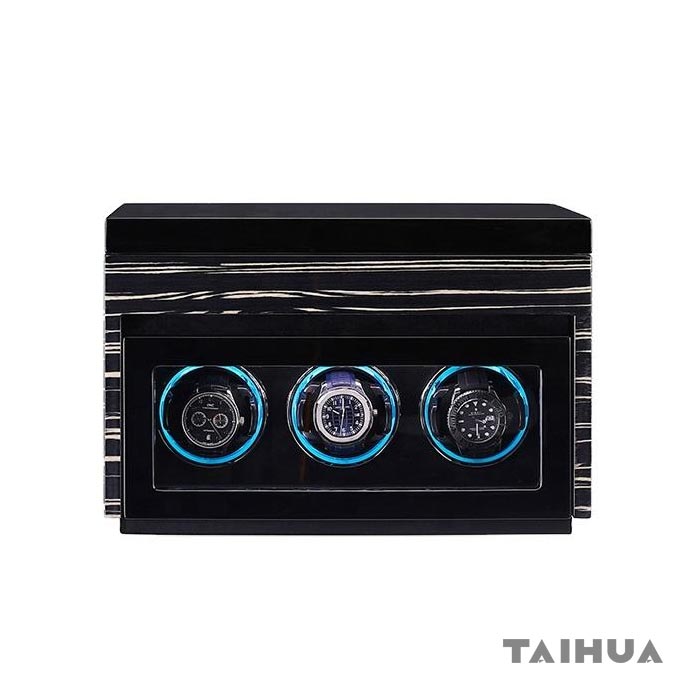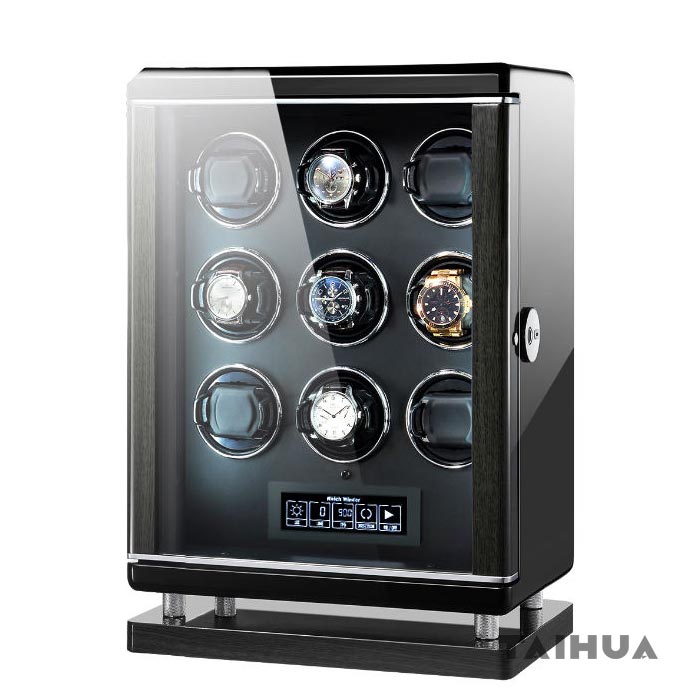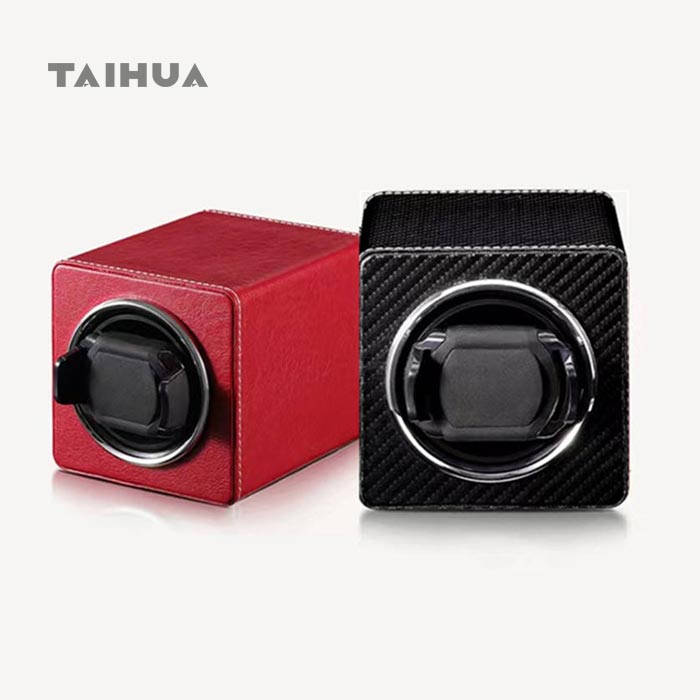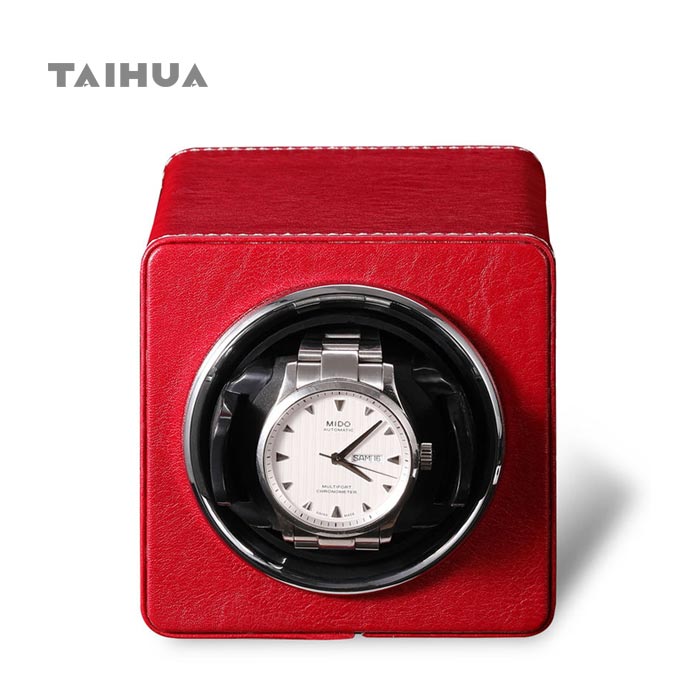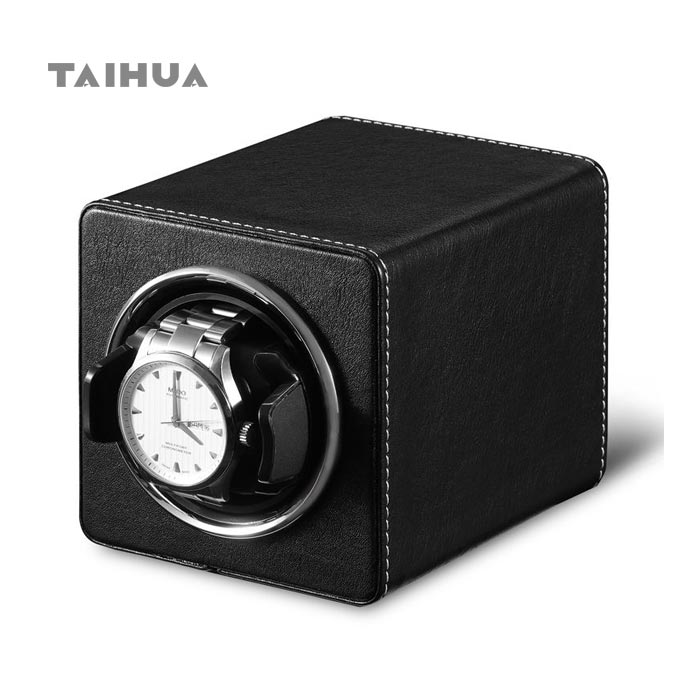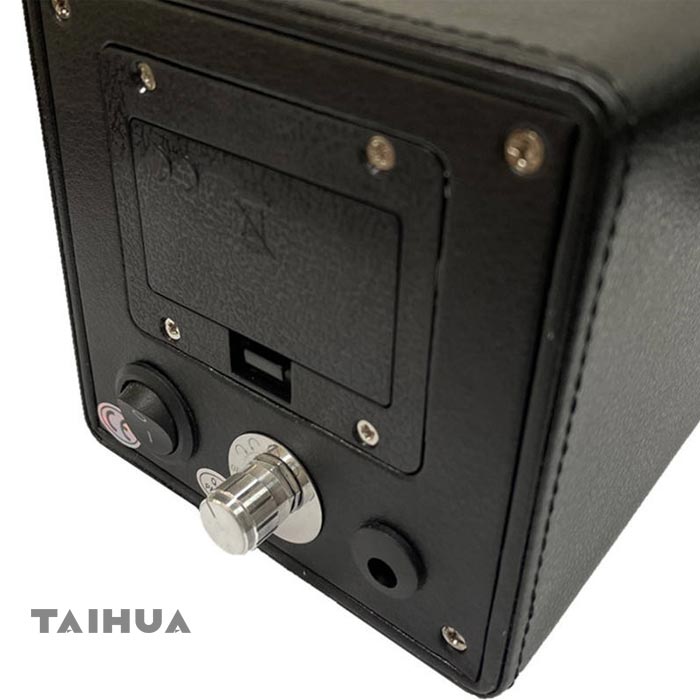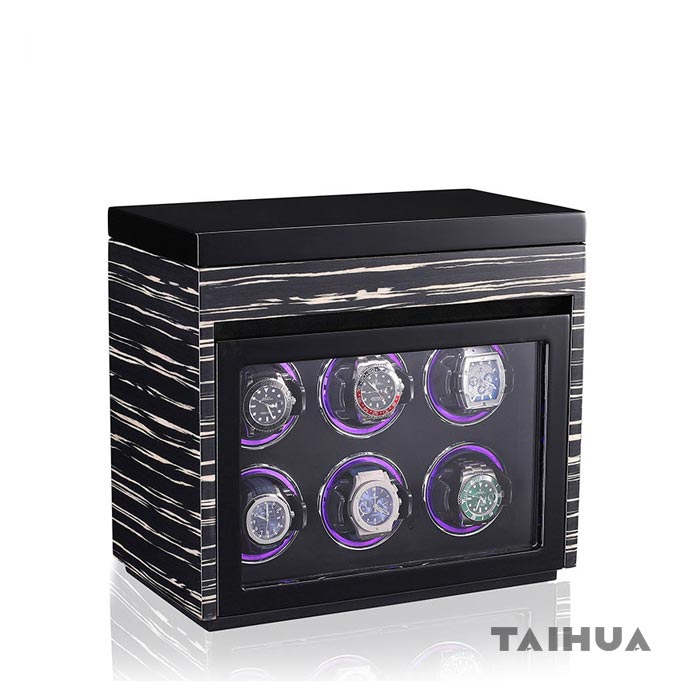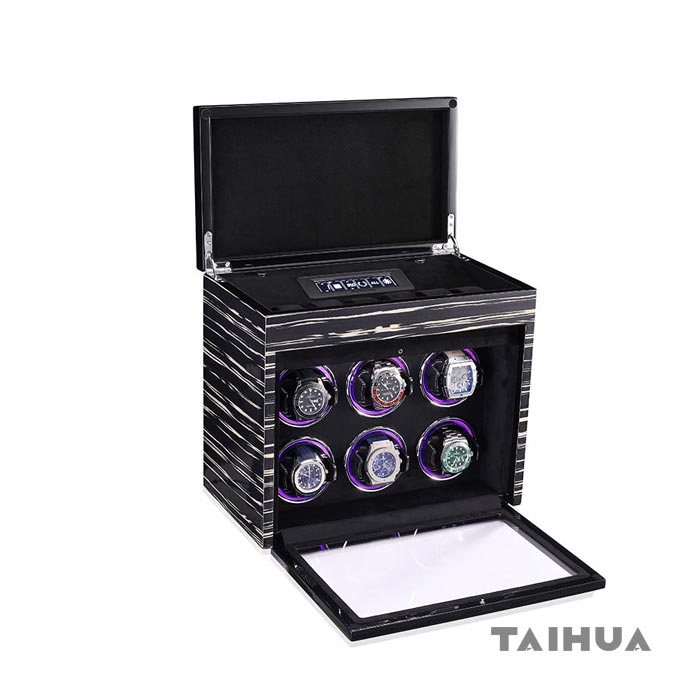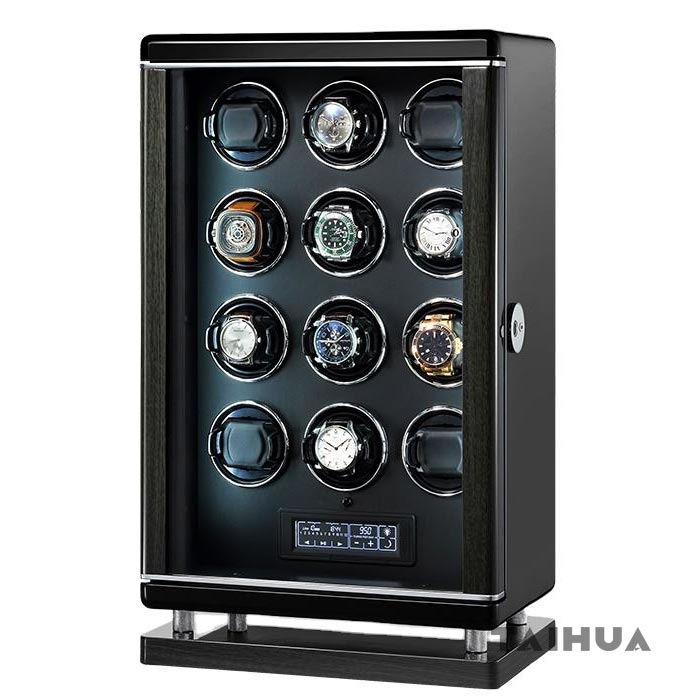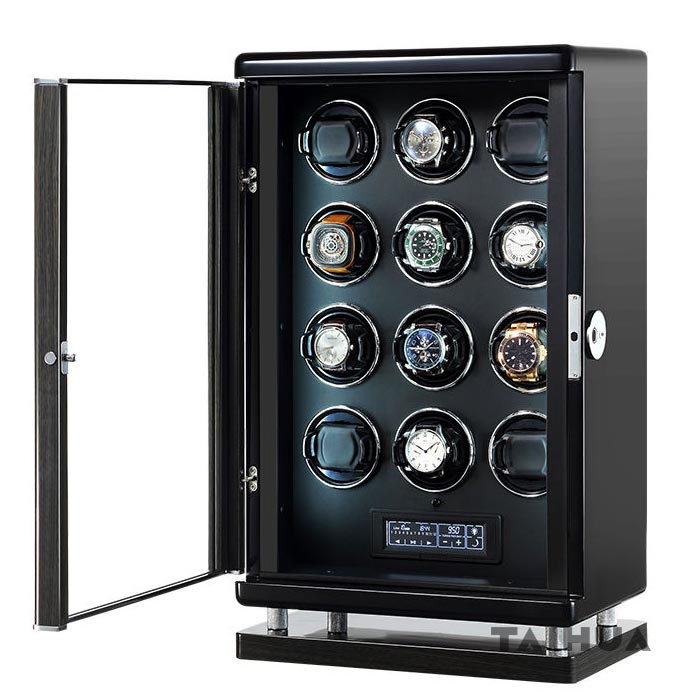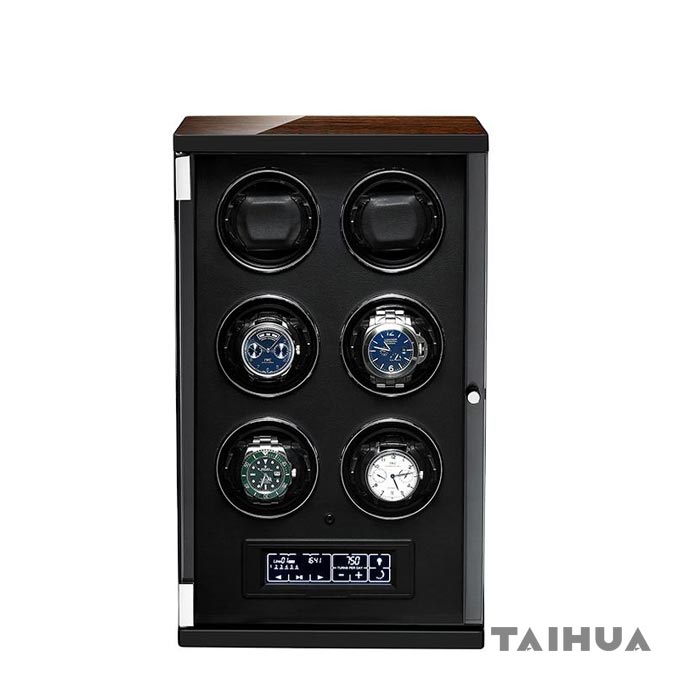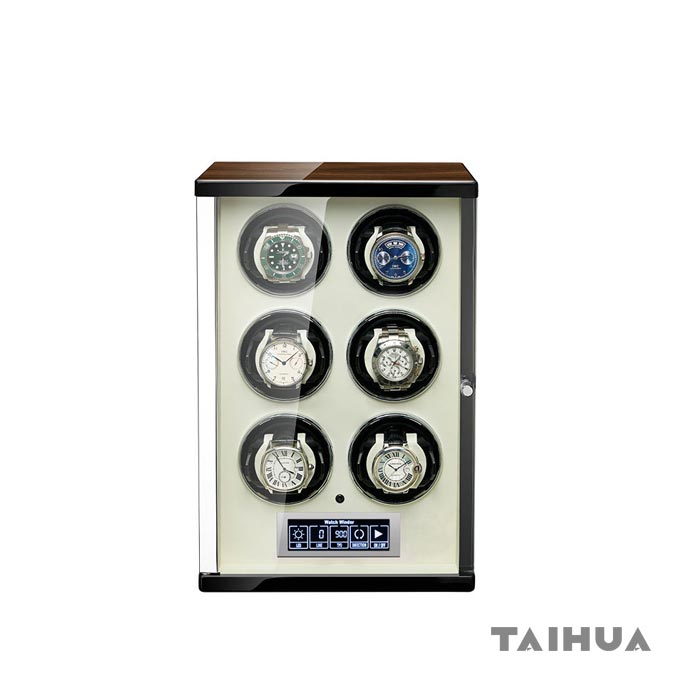Whether you should use a watch winder really depends on what type of watches you own, how often you wear them, and your maintenance preferences. I'll break it down for you with a complete pros vs. cons analysis and give you my recommendation based on different scenarios.
1. When a Watch Winder Makes Sense
A watch winder is mainly for automatic (self-winding) watches. These watches rely on your wrist movement to stay powered. If left unworn, they eventually stop, and you’ll need to reset the time, date, or complications.
You should consider a watch winder if:
-
You own multiple automatic watches and rotate them frequently.
→ A winder keeps them all running, so you don’t need to reset each time. -
Your watch has complex complications (e.g., perpetual calendar, moon phase, GMT).
→ Resetting these manually can be tedious and sometimes risky if done incorrectly. -
You want convenience.
→ Always grab-and-go without worrying about winding or setting. -
You want to keep lubricants evenly distributed (minor benefit).
→ While debatable, some horologists believe keeping the movement running helps keep oils from settling.
2. When a Watch Winder Might Be Unnecessary
You probably don’t need one if:
- You wear the same watch daily → Your wrist naturally keeps it powered.
- Your automatic watch has a quick-set date and no complicated features → Resetting it takes less than a minute.
- You own quartz watches → They don’t need a winder at all.
- You’re worried about long-term wear → Some argue keeping a watch constantly running adds extra movement wear, especially for vintage or delicate timepieces.
3. Pros & Cons of Using a Watch Winder
| Aspect | Pros ✅ | Cons ❌ |
|---|---|---|
| Convenience | Always ready to wear, no resetting needed | Not essential if you wear your watch daily |
| For Complicated Watches | Helps perpetual calendars, moon phases, GMT, etc. | Irrelevant for simple time/date watches |
| Lubrication | May help oils stay distributed | Overblown benefit — modern oils are stable |
| Longevity | Avoids manual winding stress | Continuous motion = more wear over decades |
| Storage | Doubles as a display box | Quality winders can be expensive |
| Power | Good for collectors who rotate watches | Needs electricity or batteries |
4. Key Considerations Before Buying One
If you decide to get a winder, keep these in mind:
- Quality matters — Cheap winders can damage your watch due to magnetization, poor motors, or wrong winding directions.
- TPD (Turns Per Day) — Your winder must match your watch’s specifications; over-winding can harm the movement.
- Bi-directional vs. single-direction — Some watches need specific winding directions.
- Noise level — Cheaper models can be annoyingly loud.
- Watch value — If you have high-end watches (Rolex, Omega, Patek), invest in a reputable winder brand.
5. My Recommendation
- If you have 1–2 daily wear automatics → Skip the winder. Just wear them or hand-wind occasionally.
- If you have a collection of 3+ automatics or perpetual calendars → A quality winder is worth it.
- If you have vintage or delicate movements → Avoid keeping them on a constant winder; let them rest when unworn.
If you’d like, I can give you a personalized recommendation based on your watch collection and wearing habits. That way, I can also suggest the best winder brands and TPD settings for your specific watches — so you avoid damaging them.

